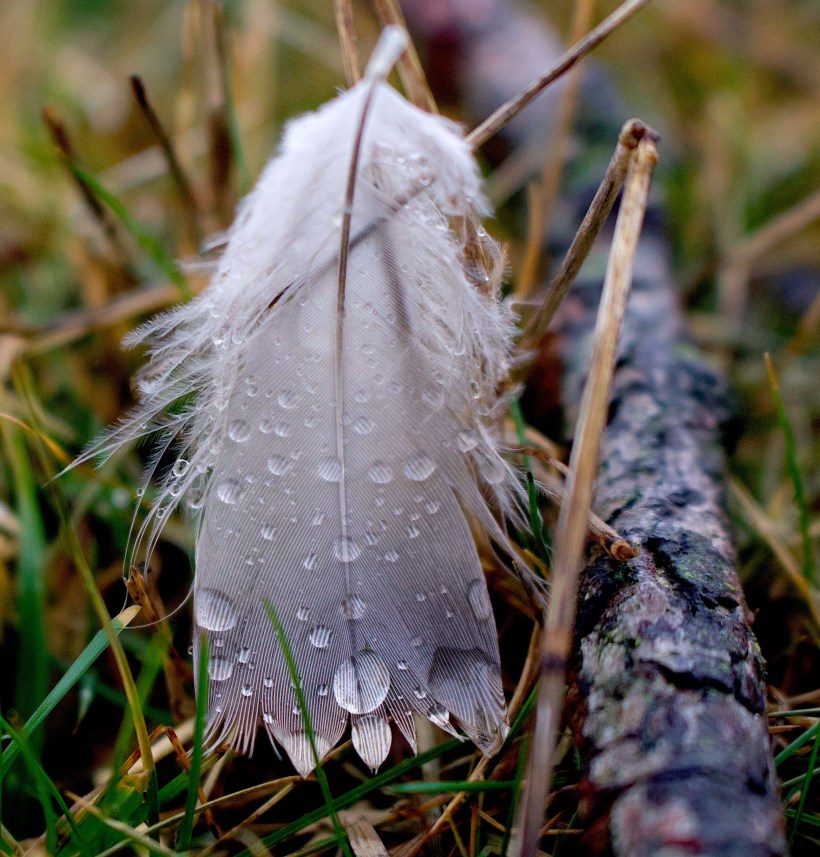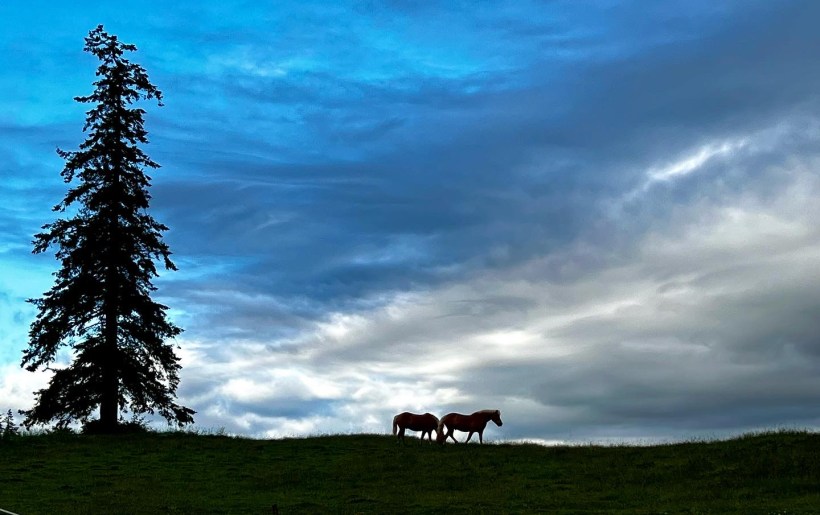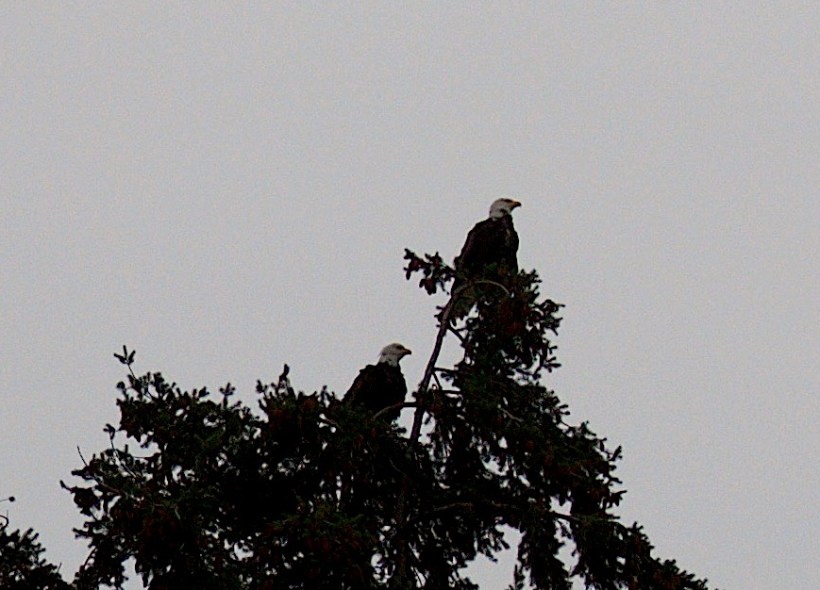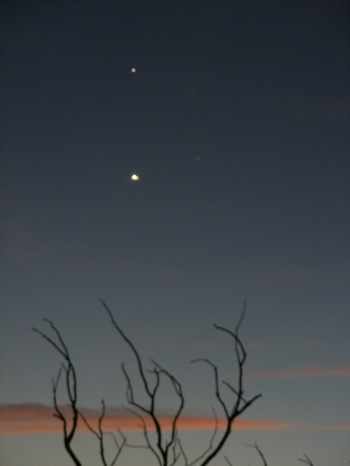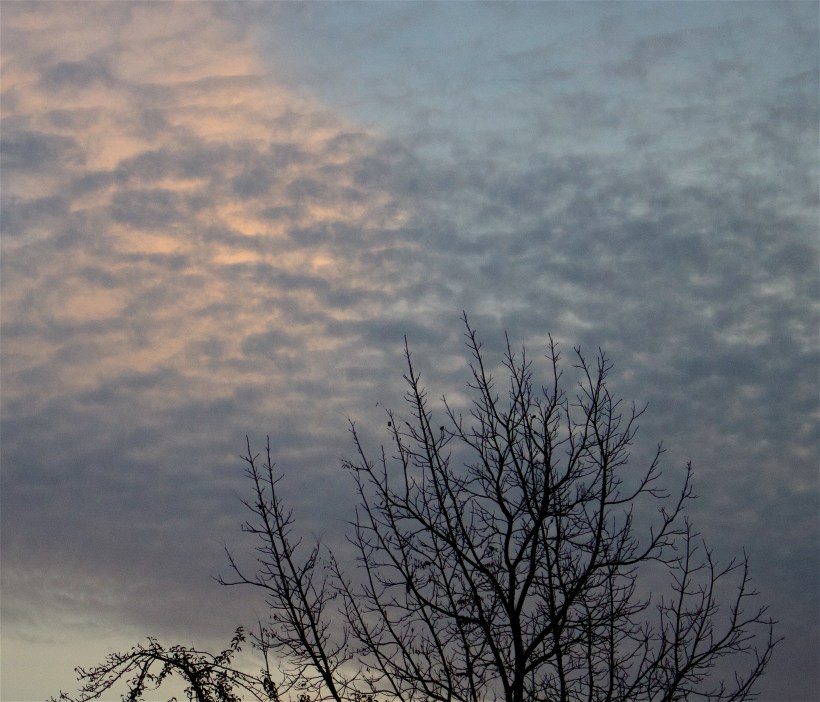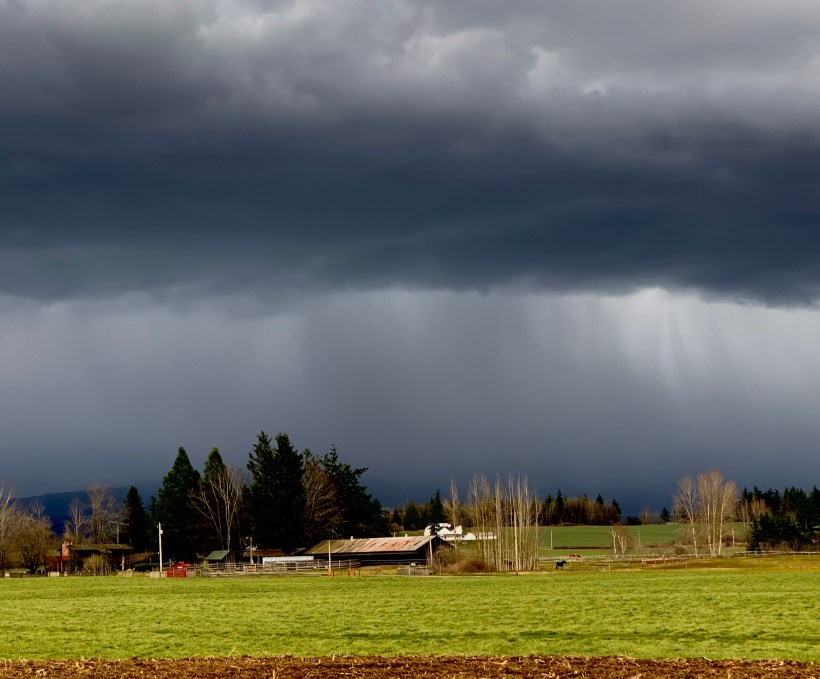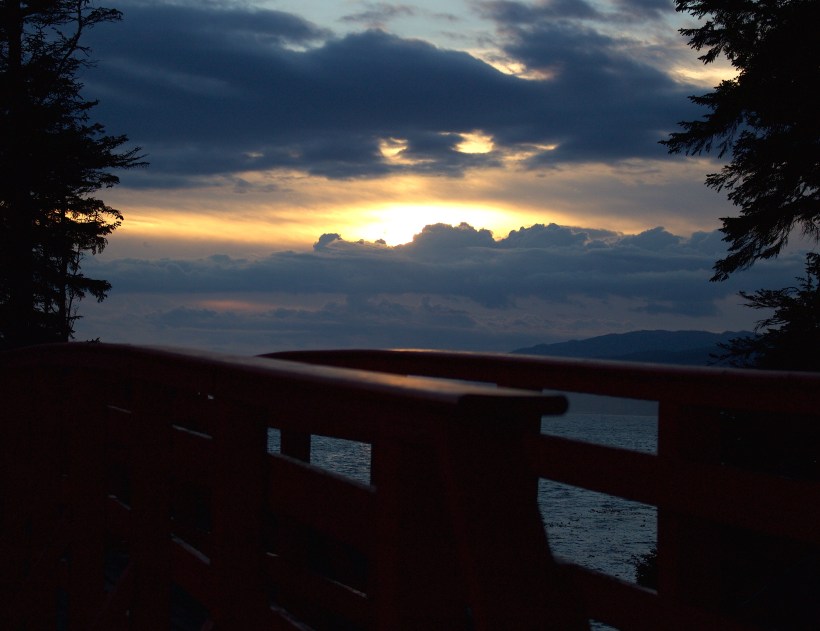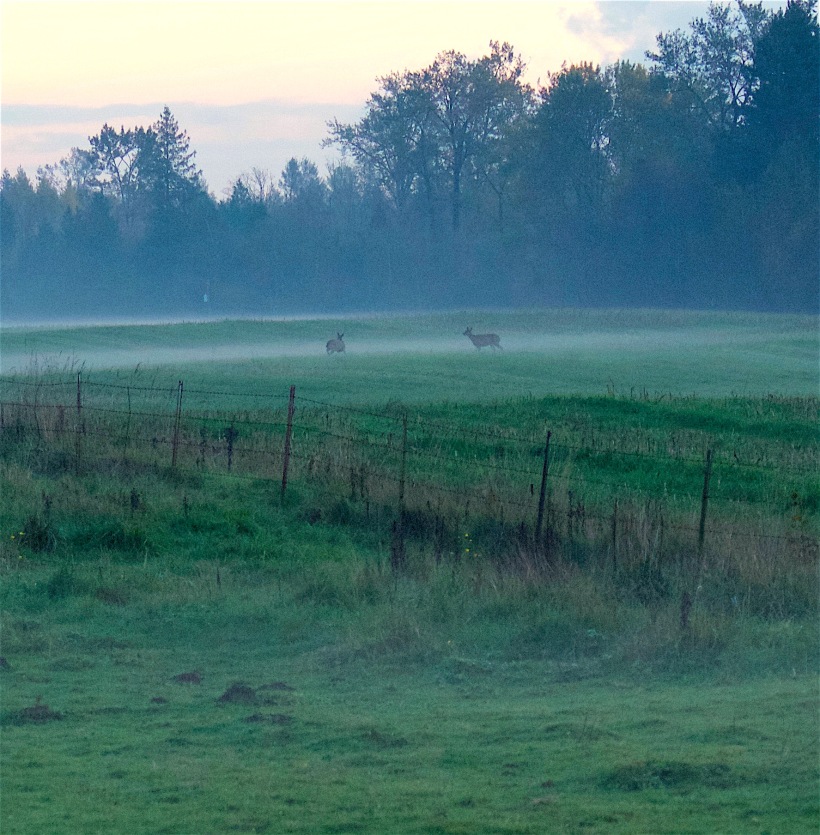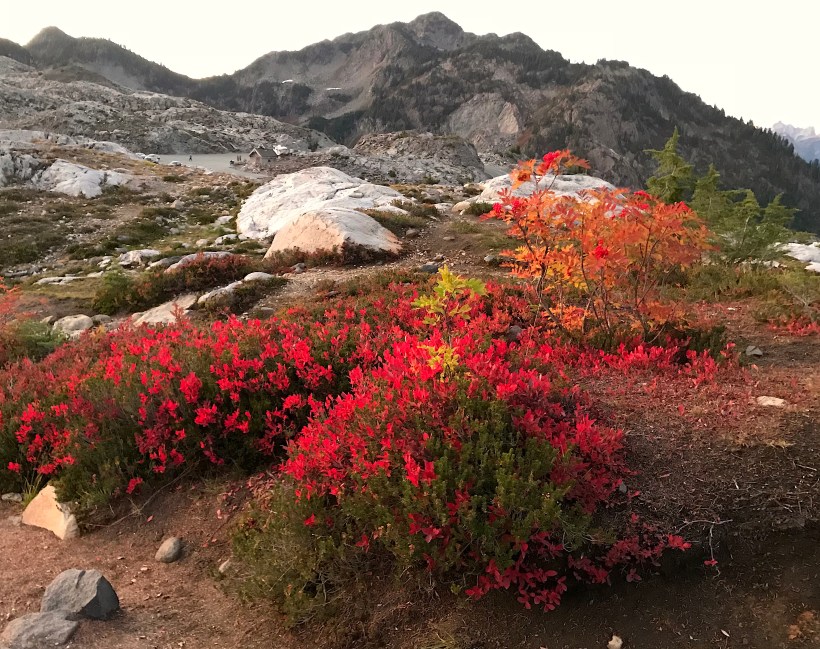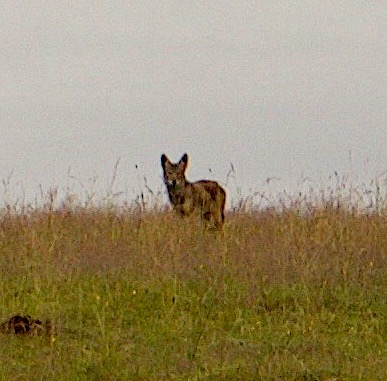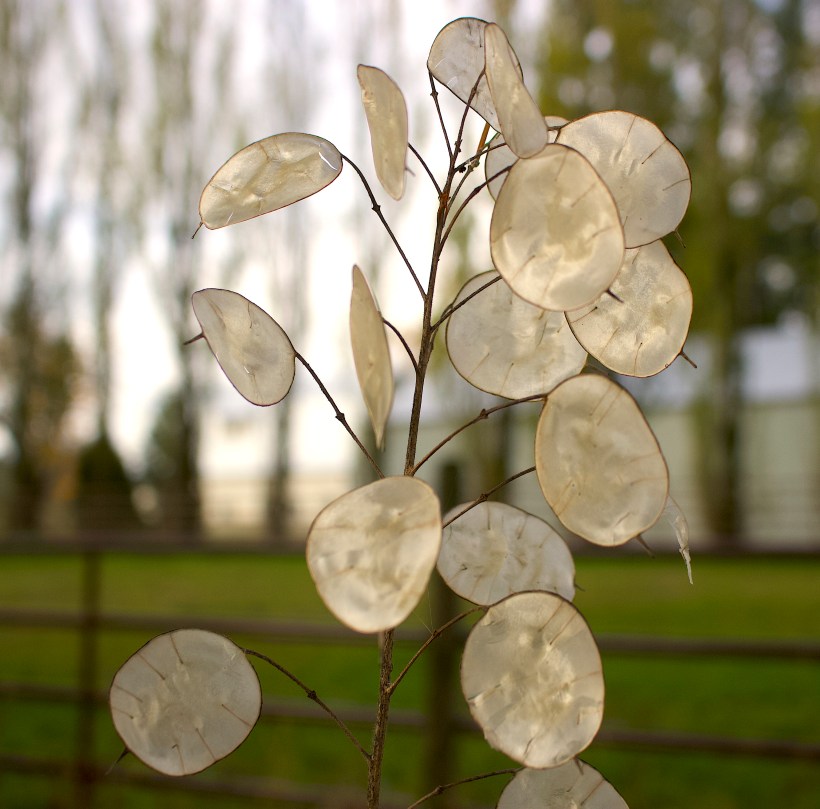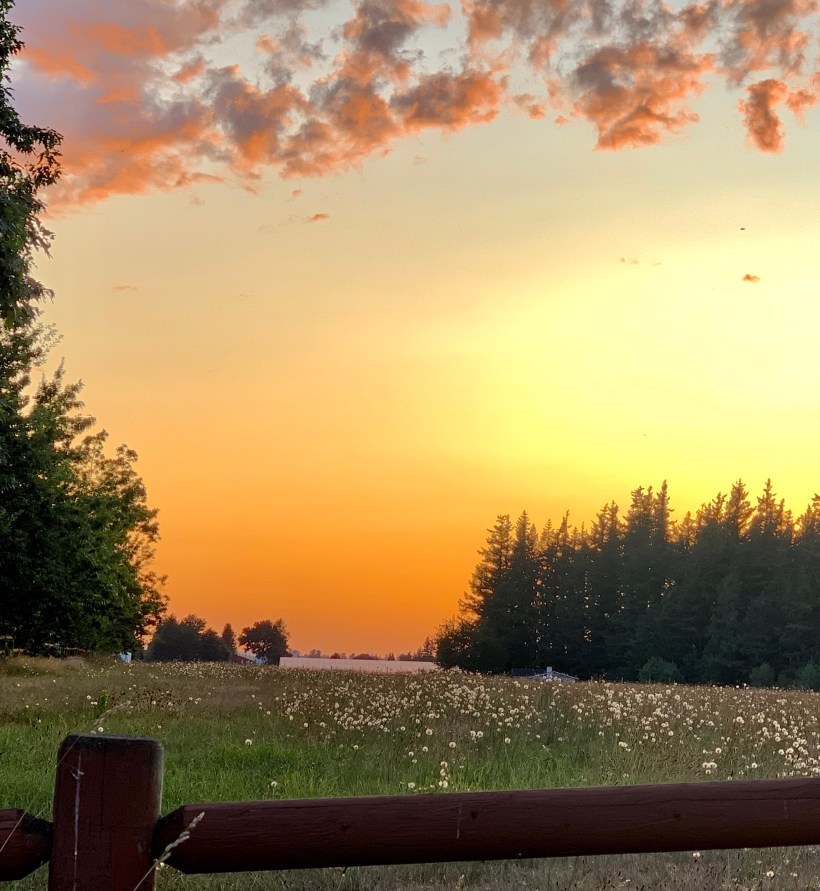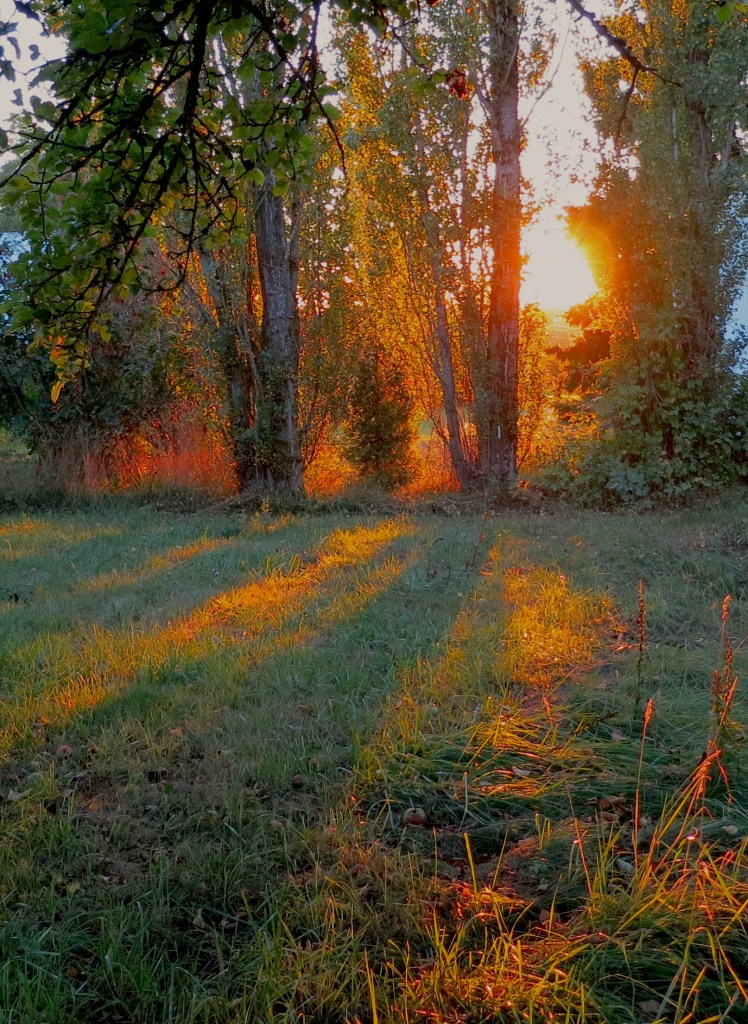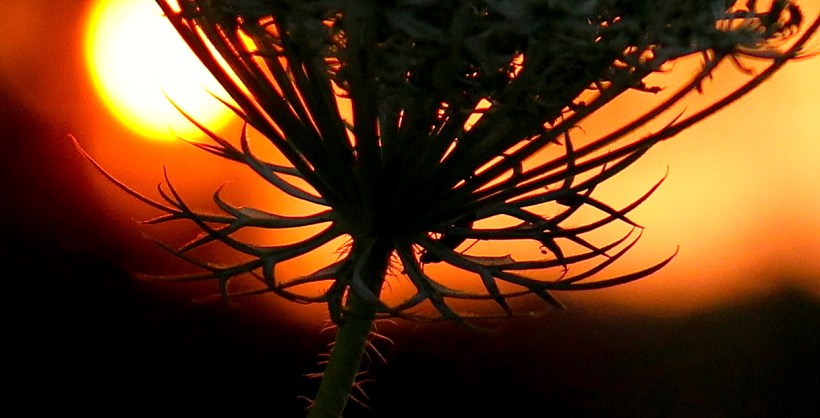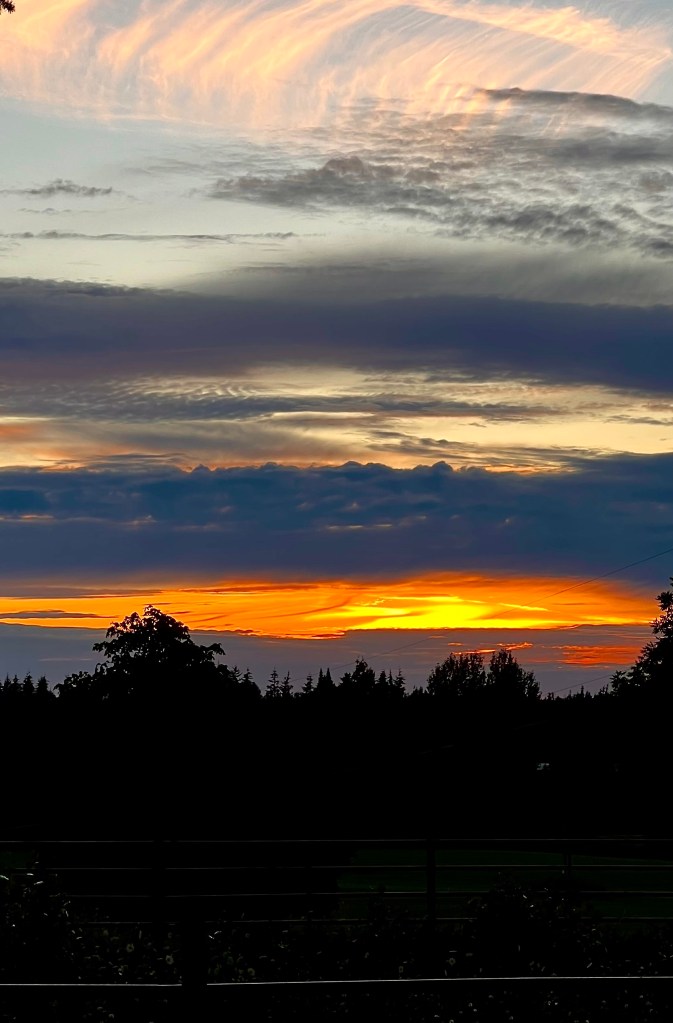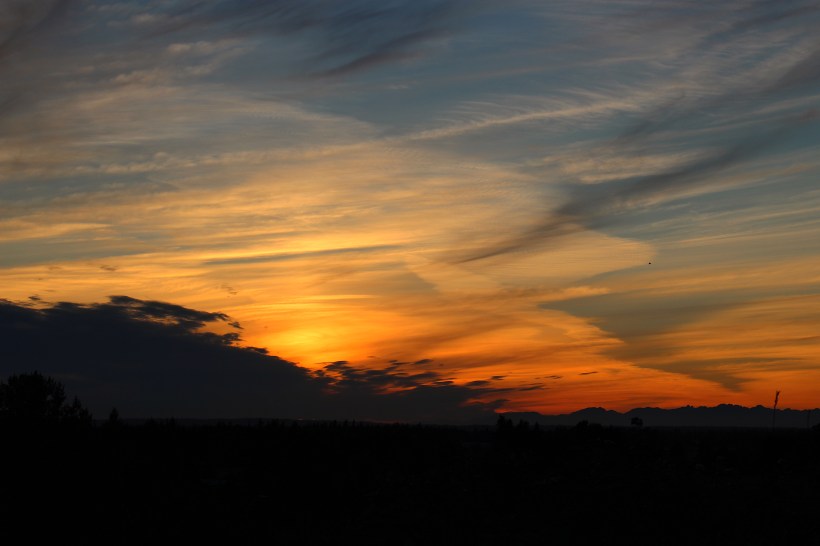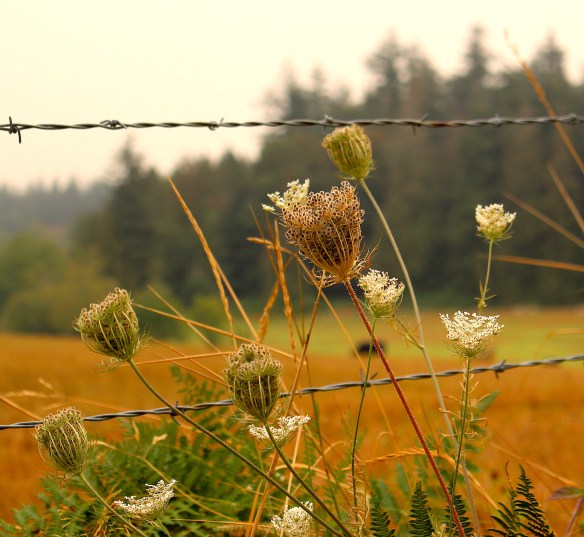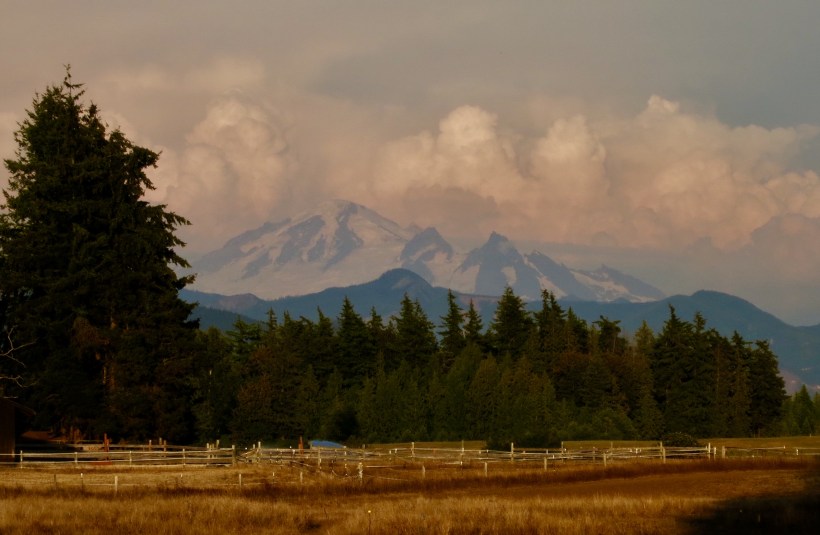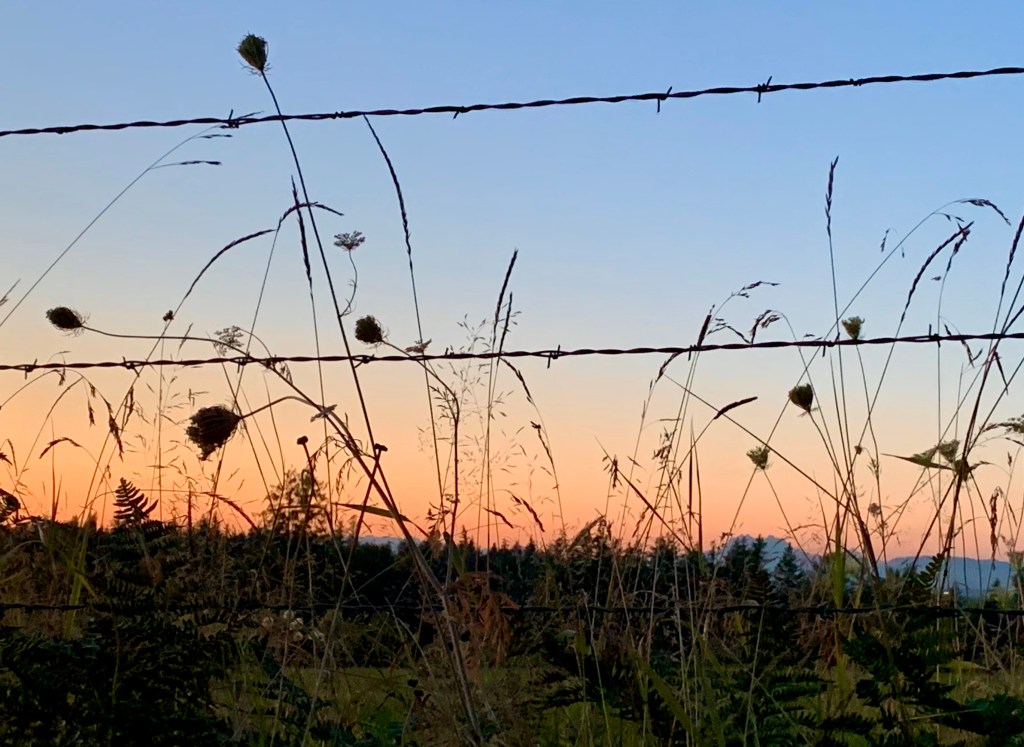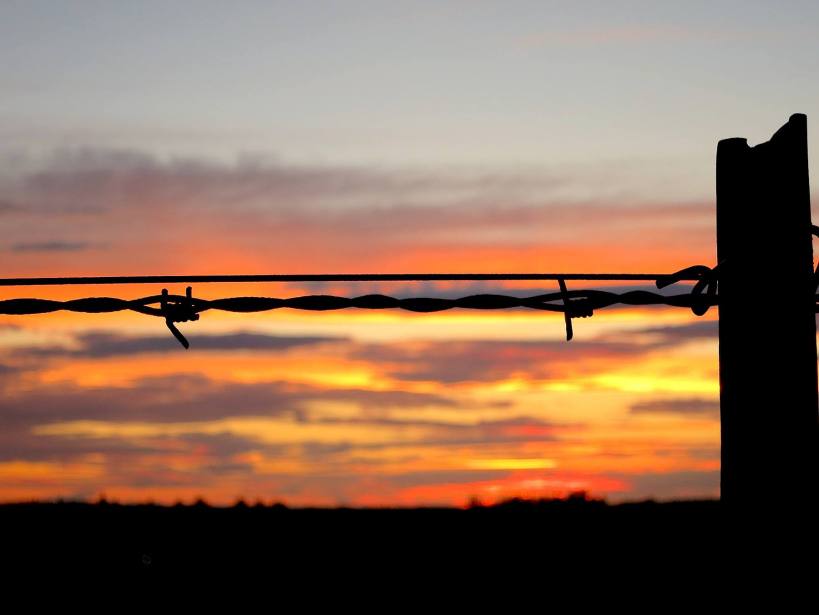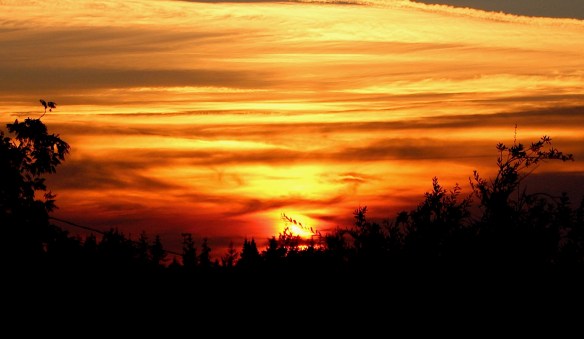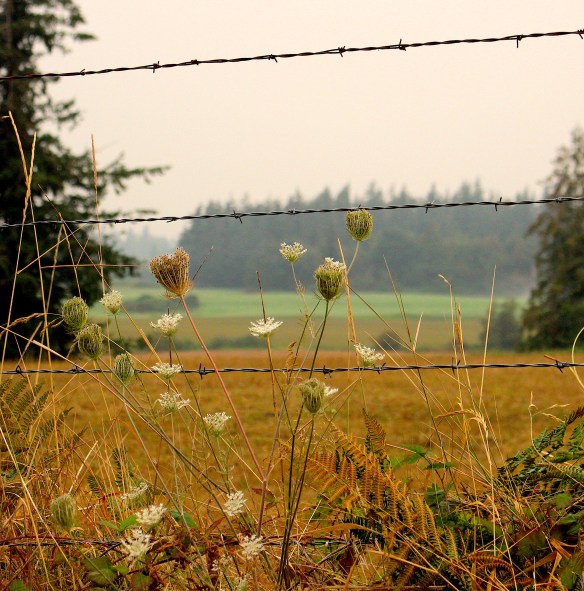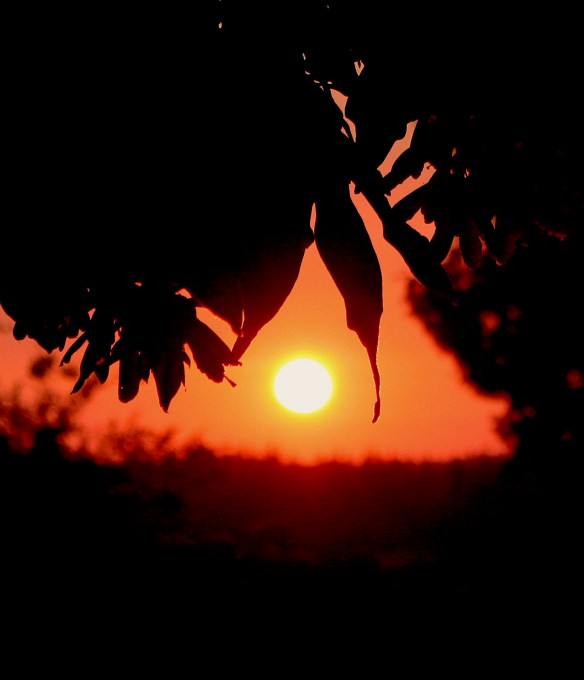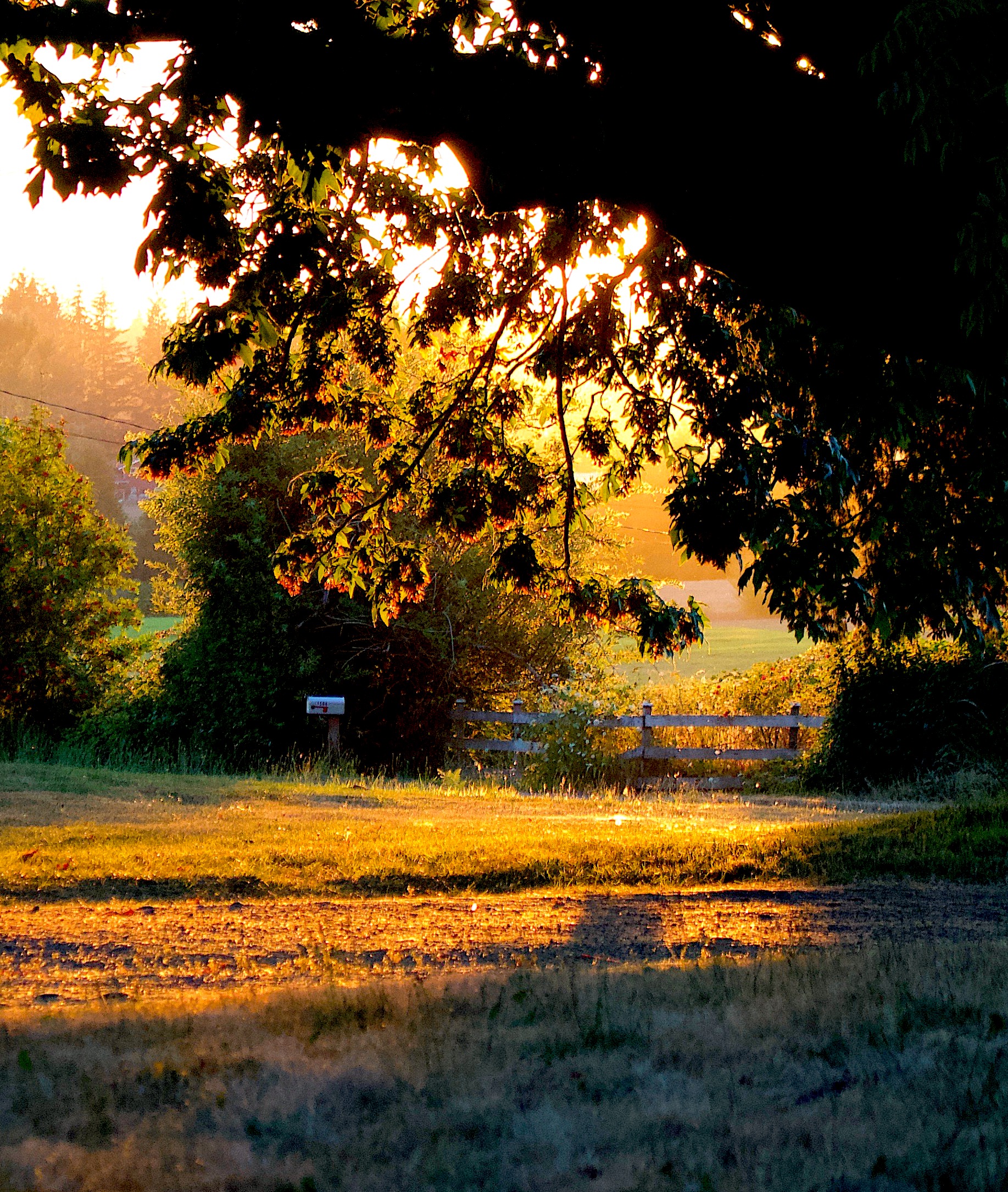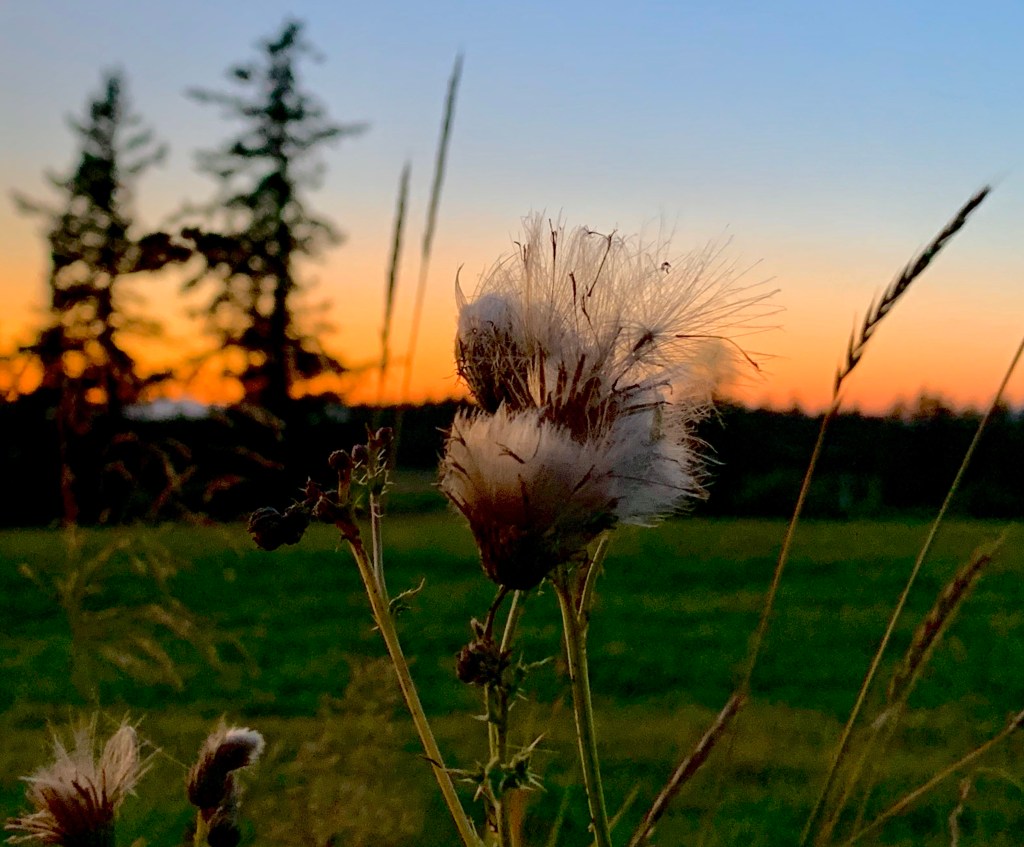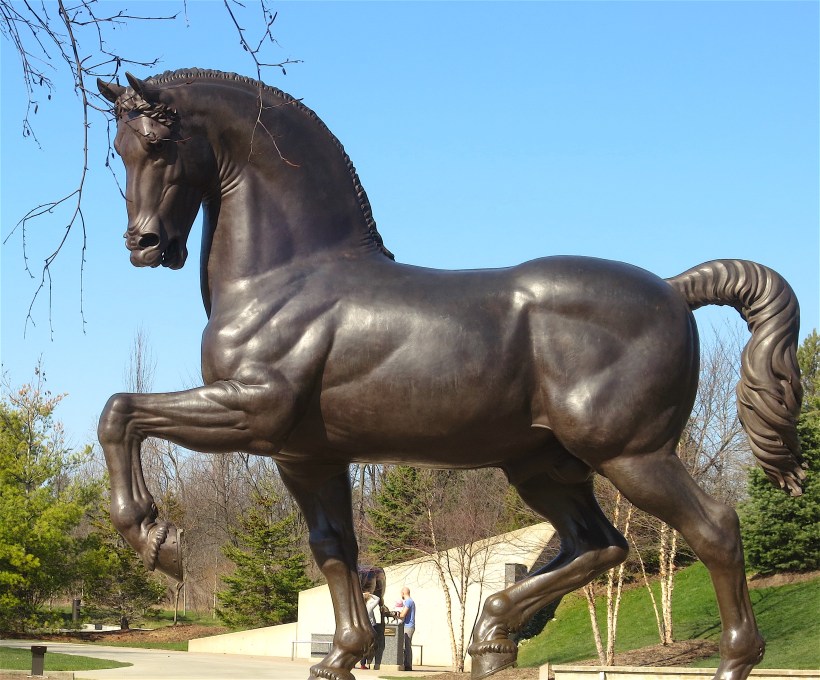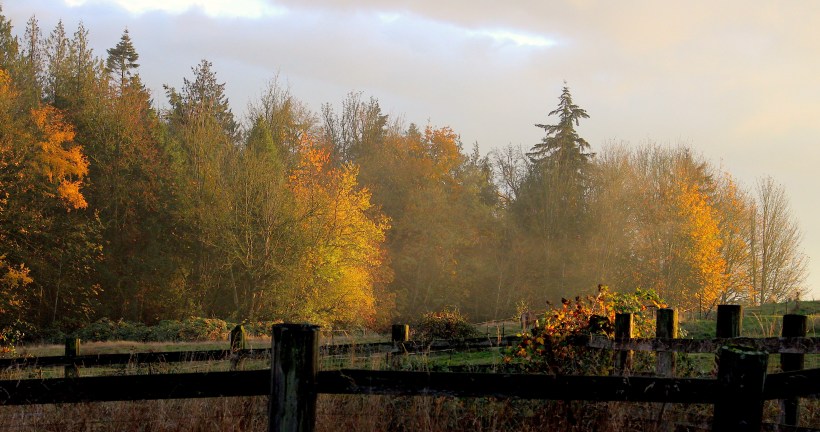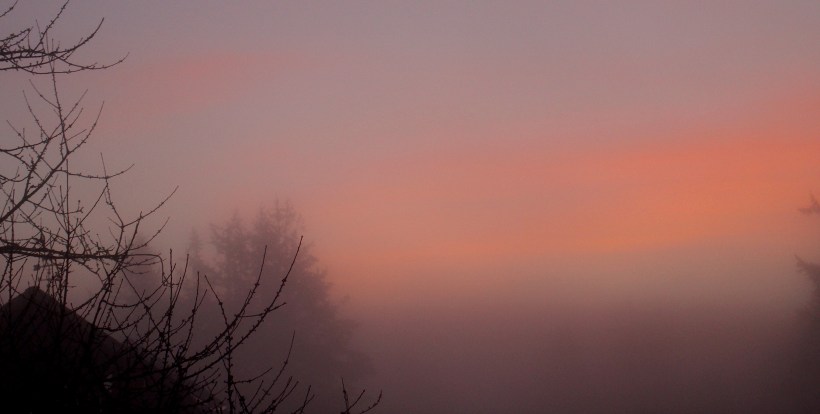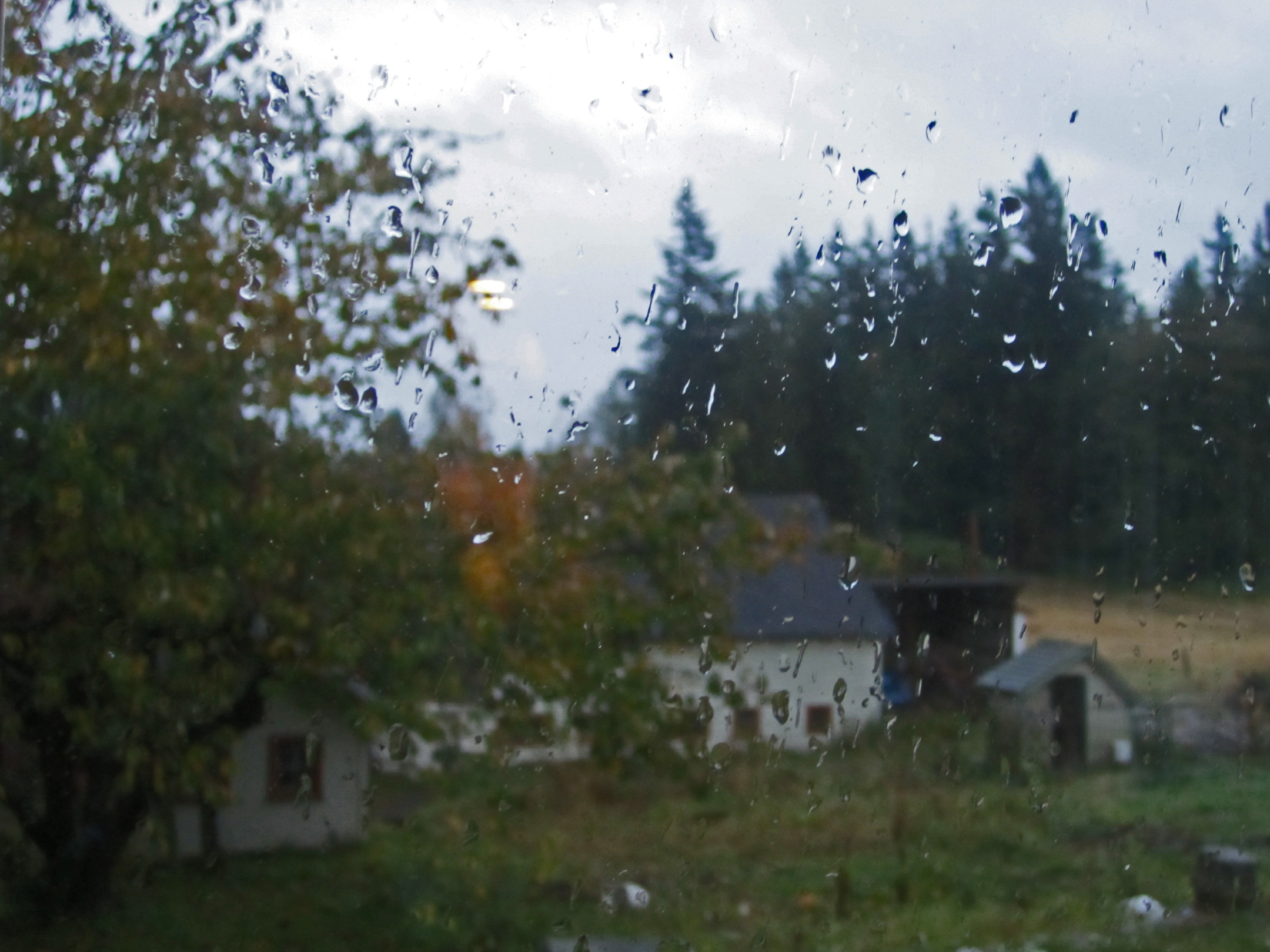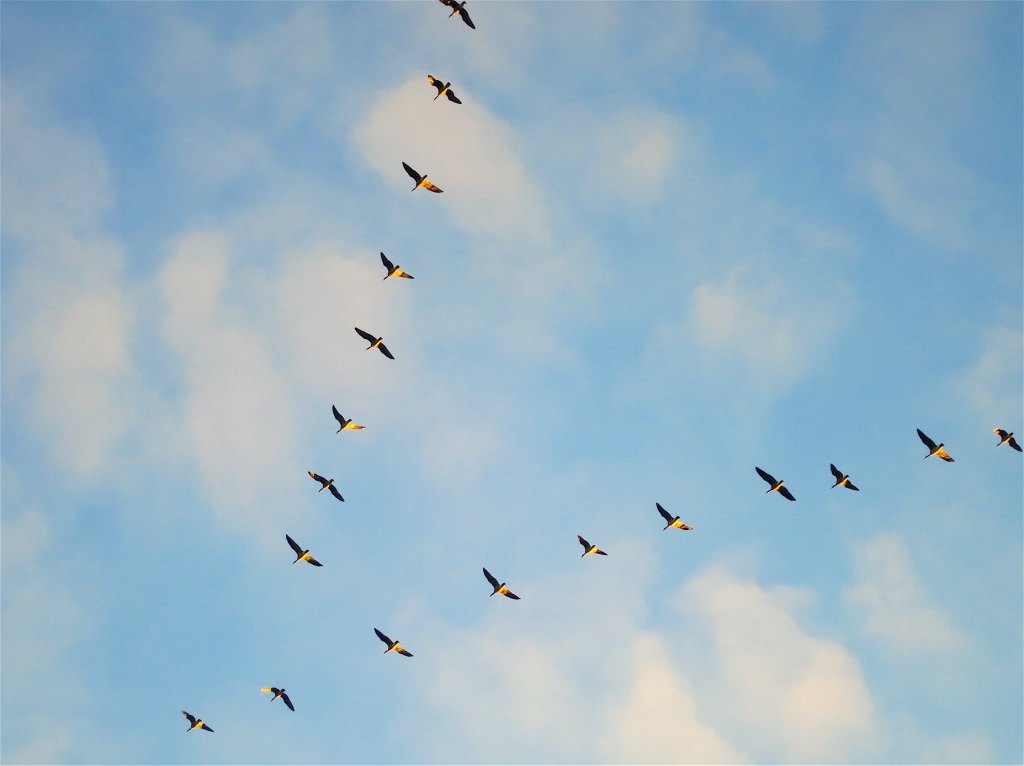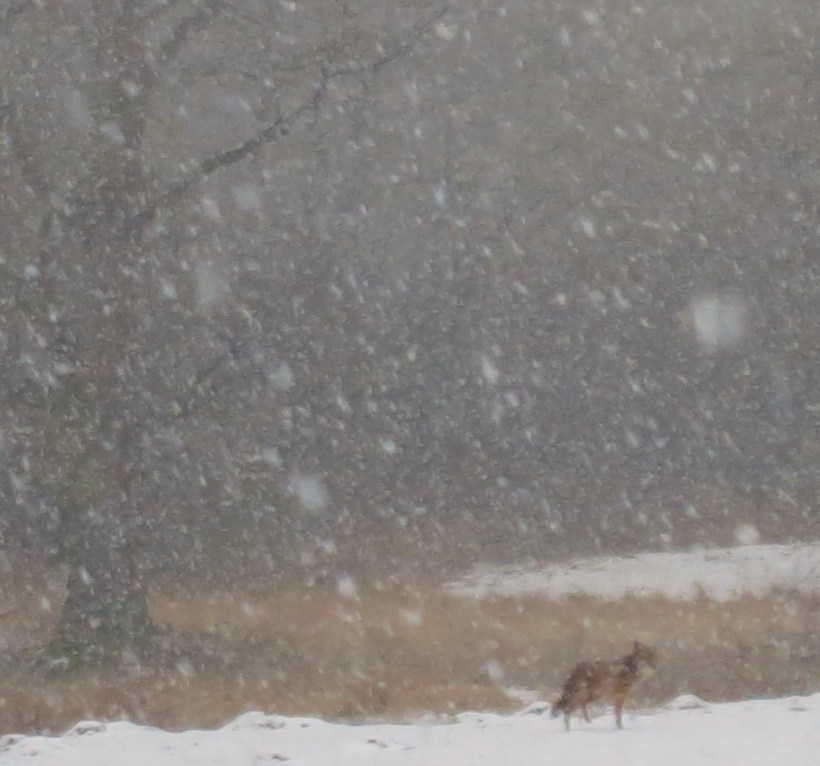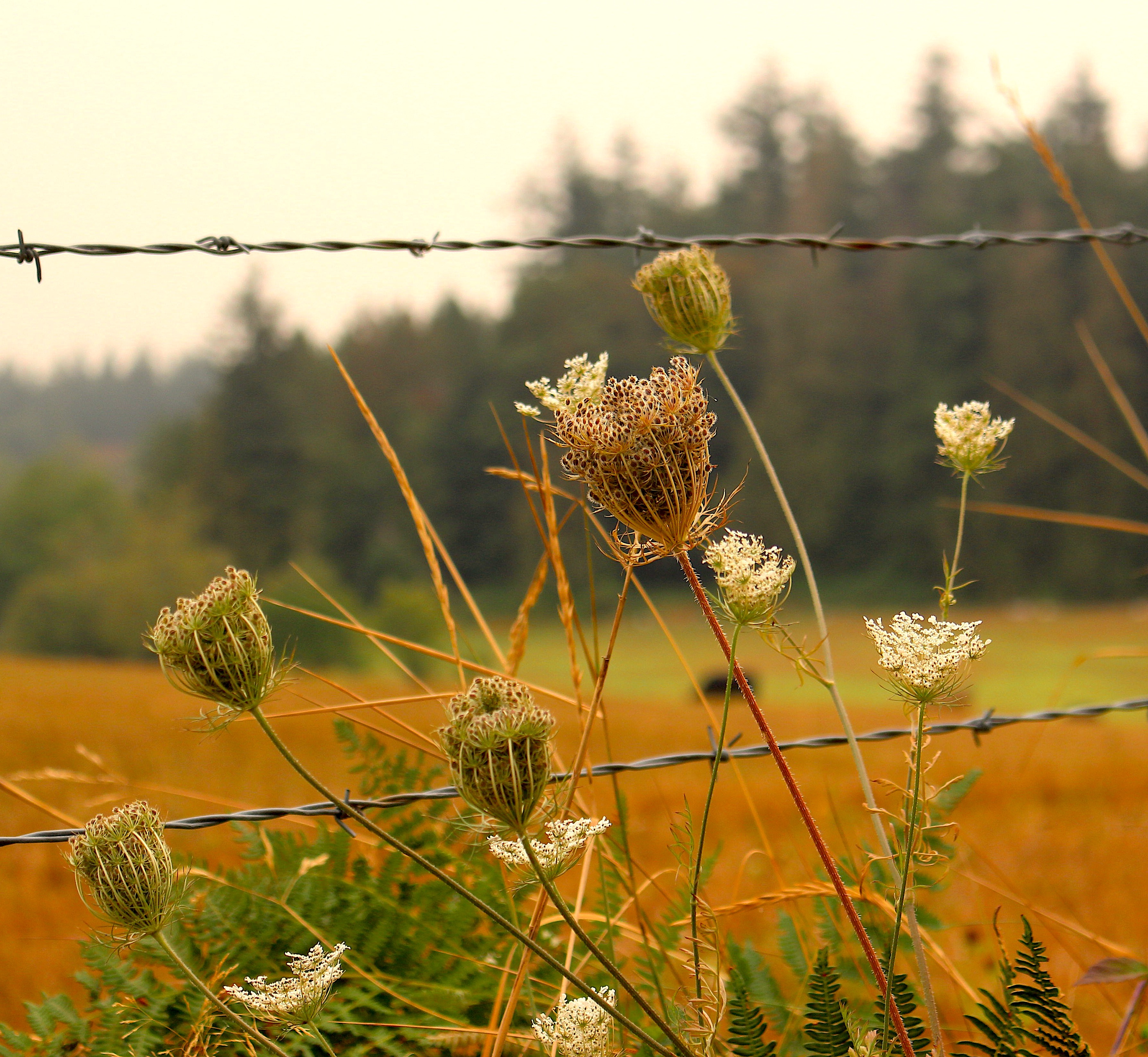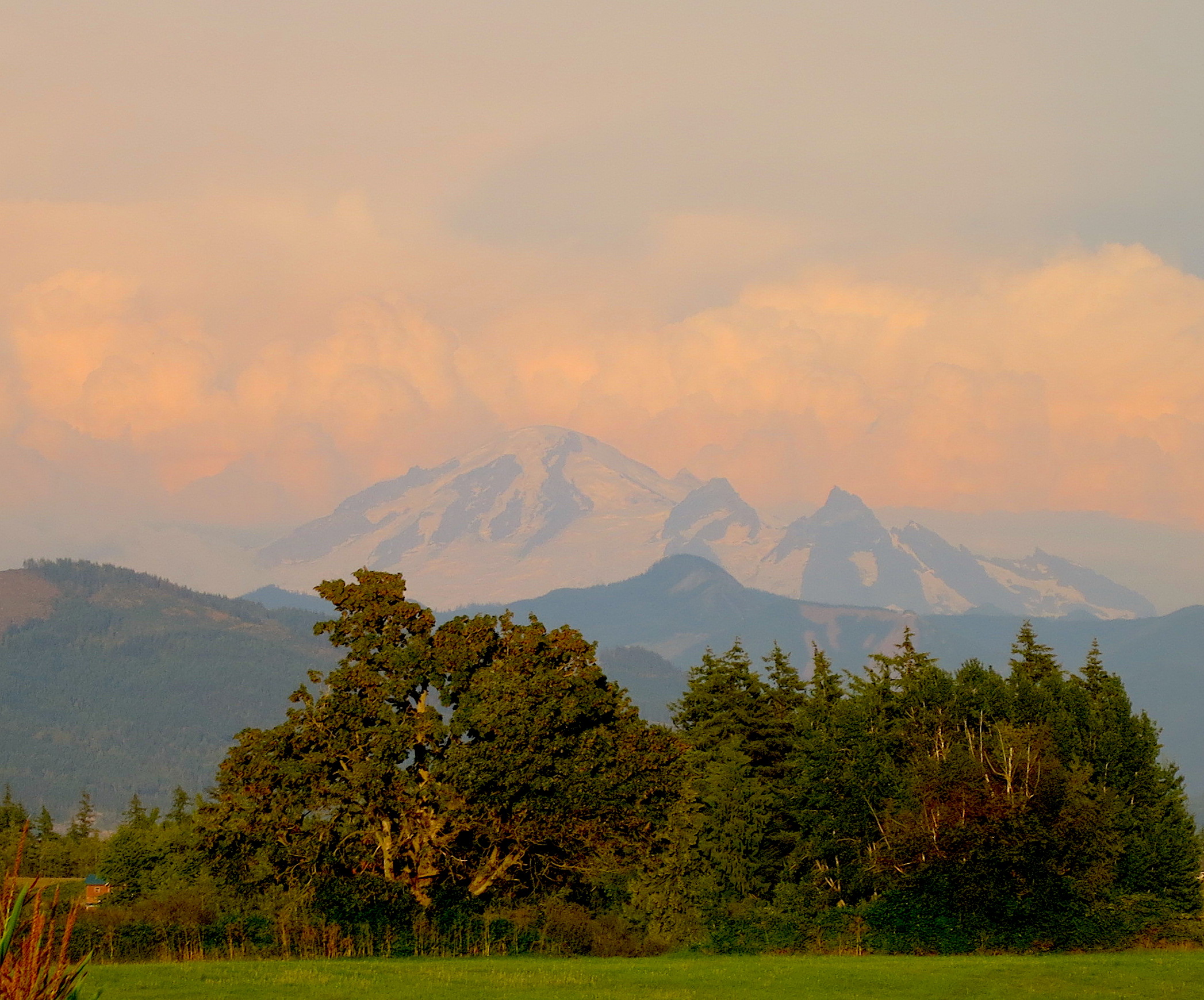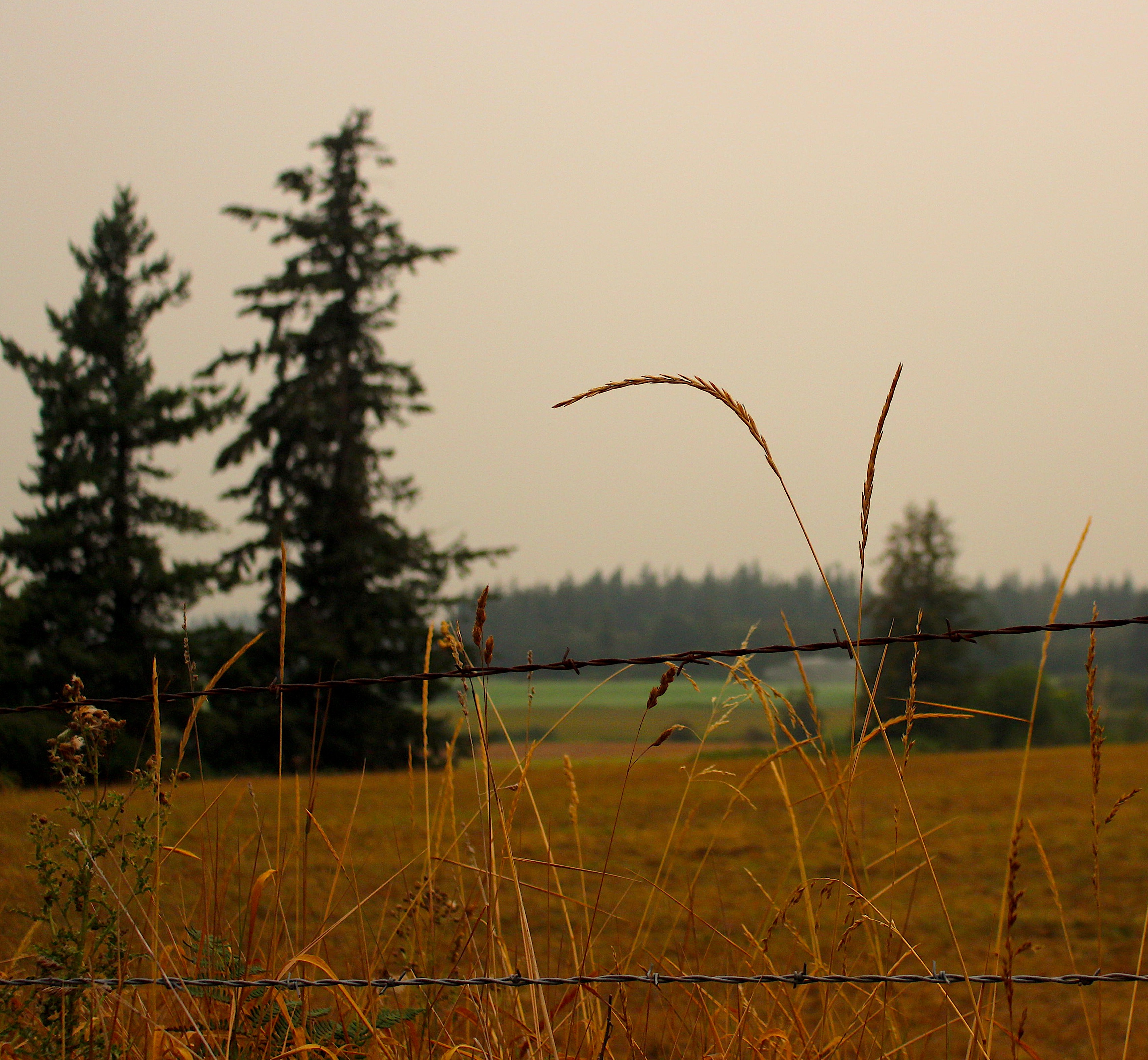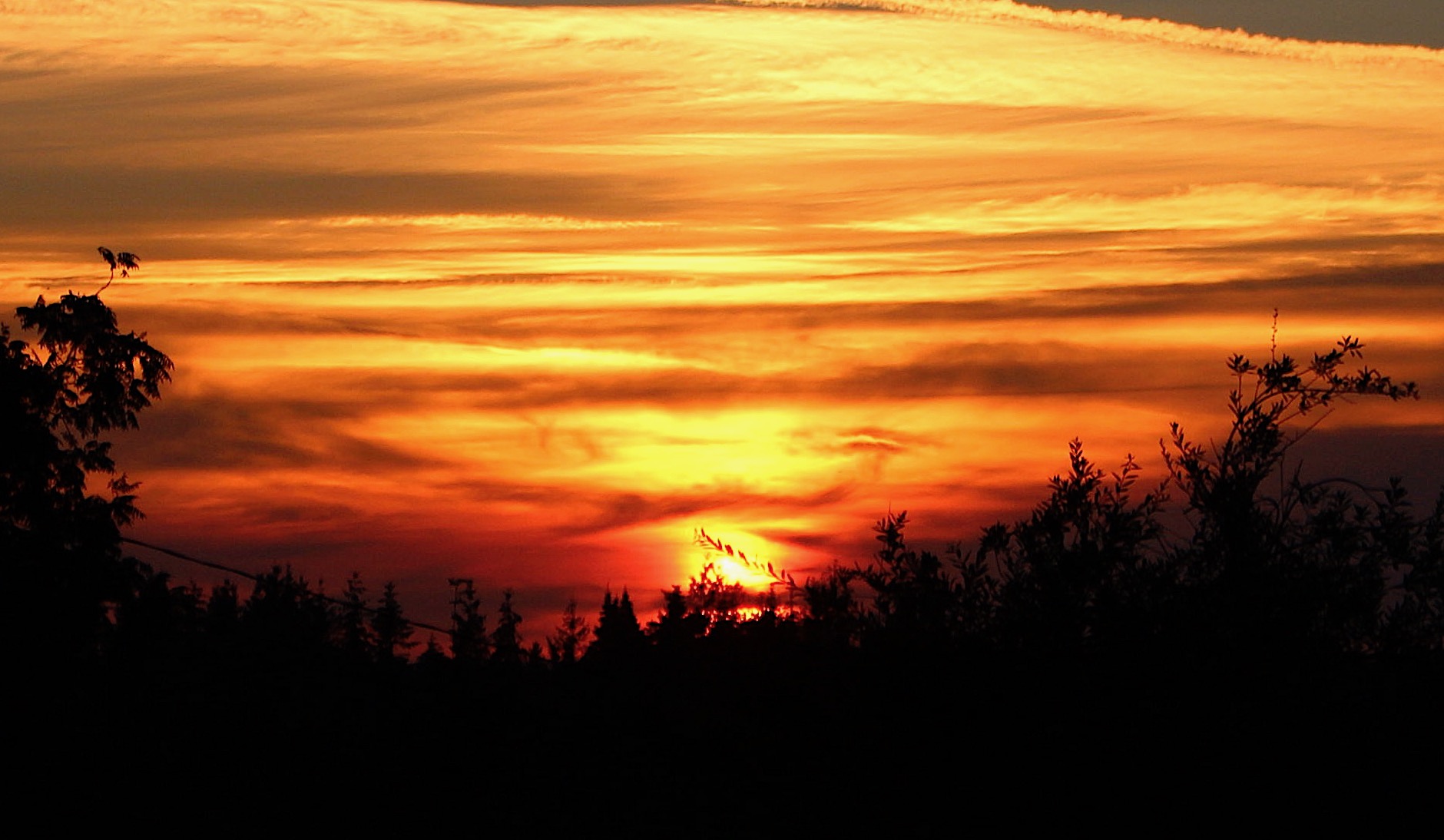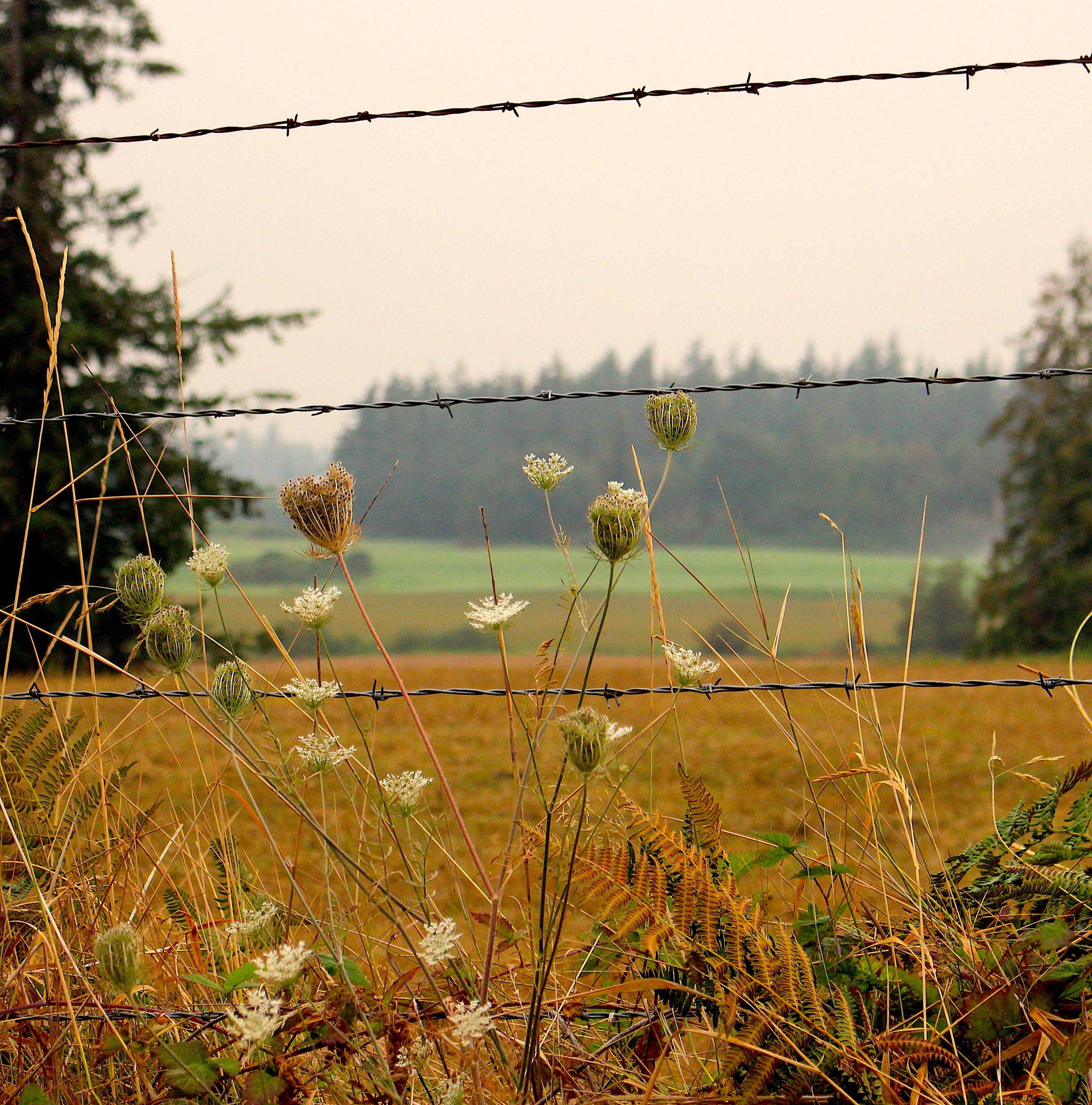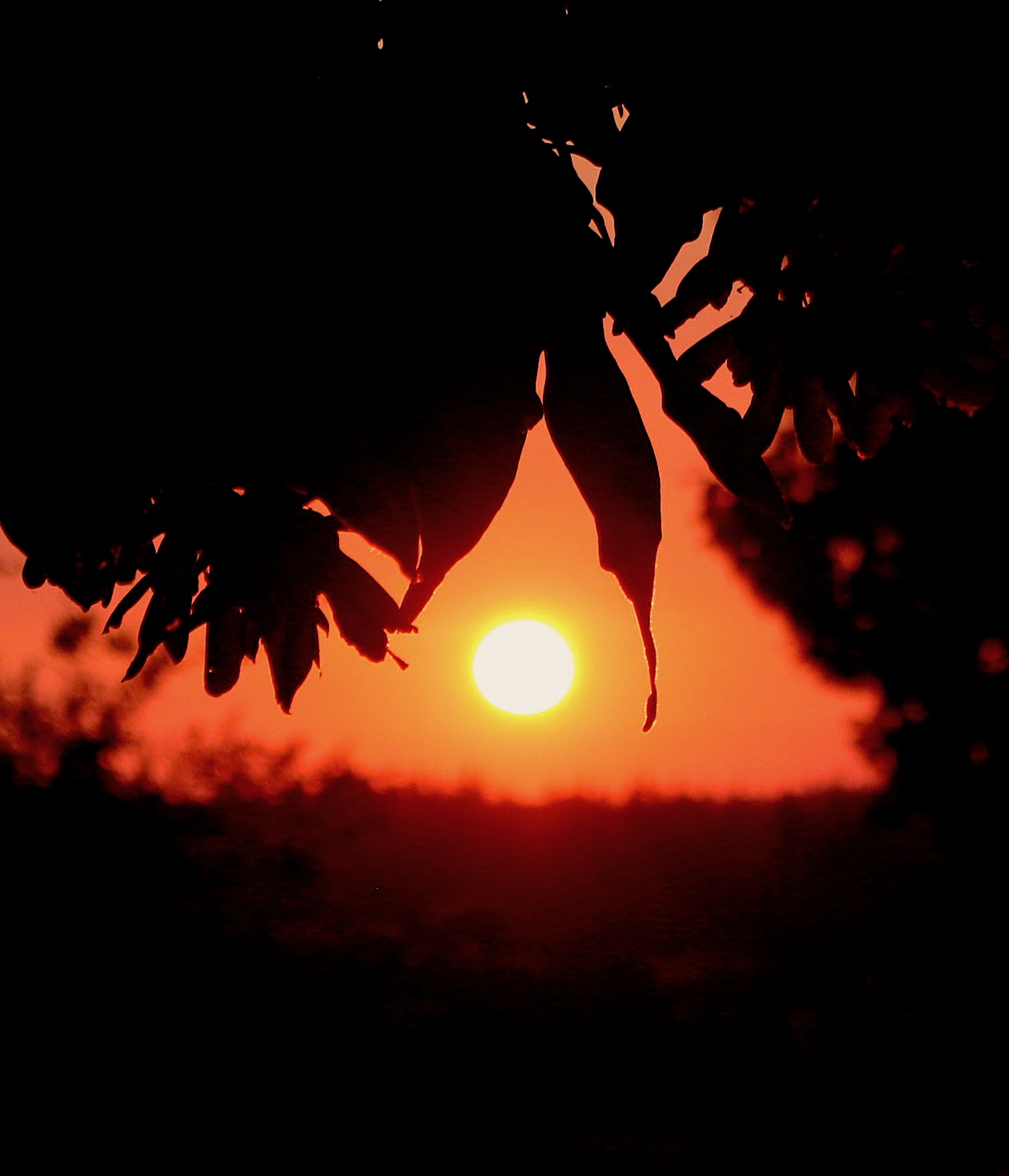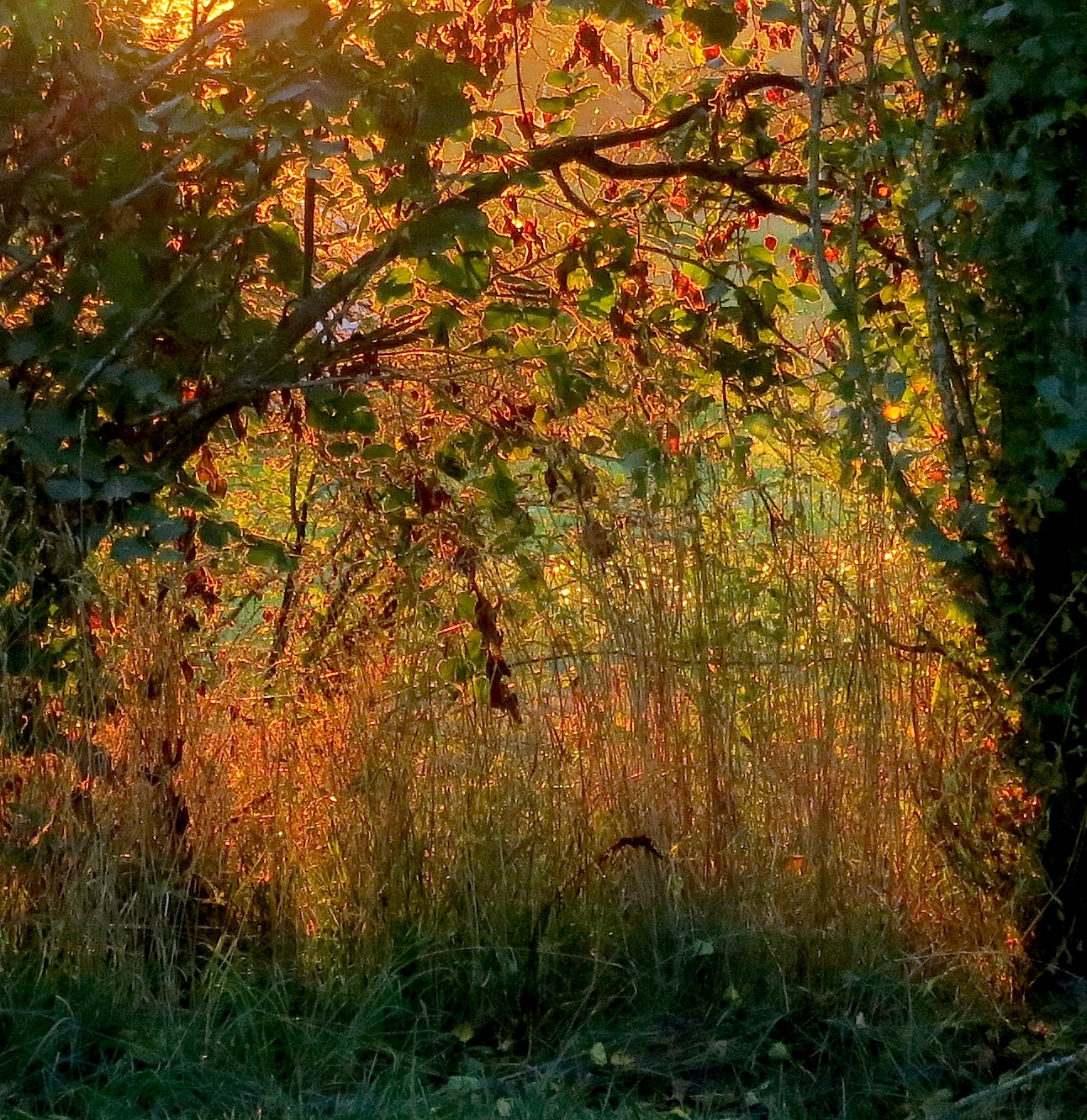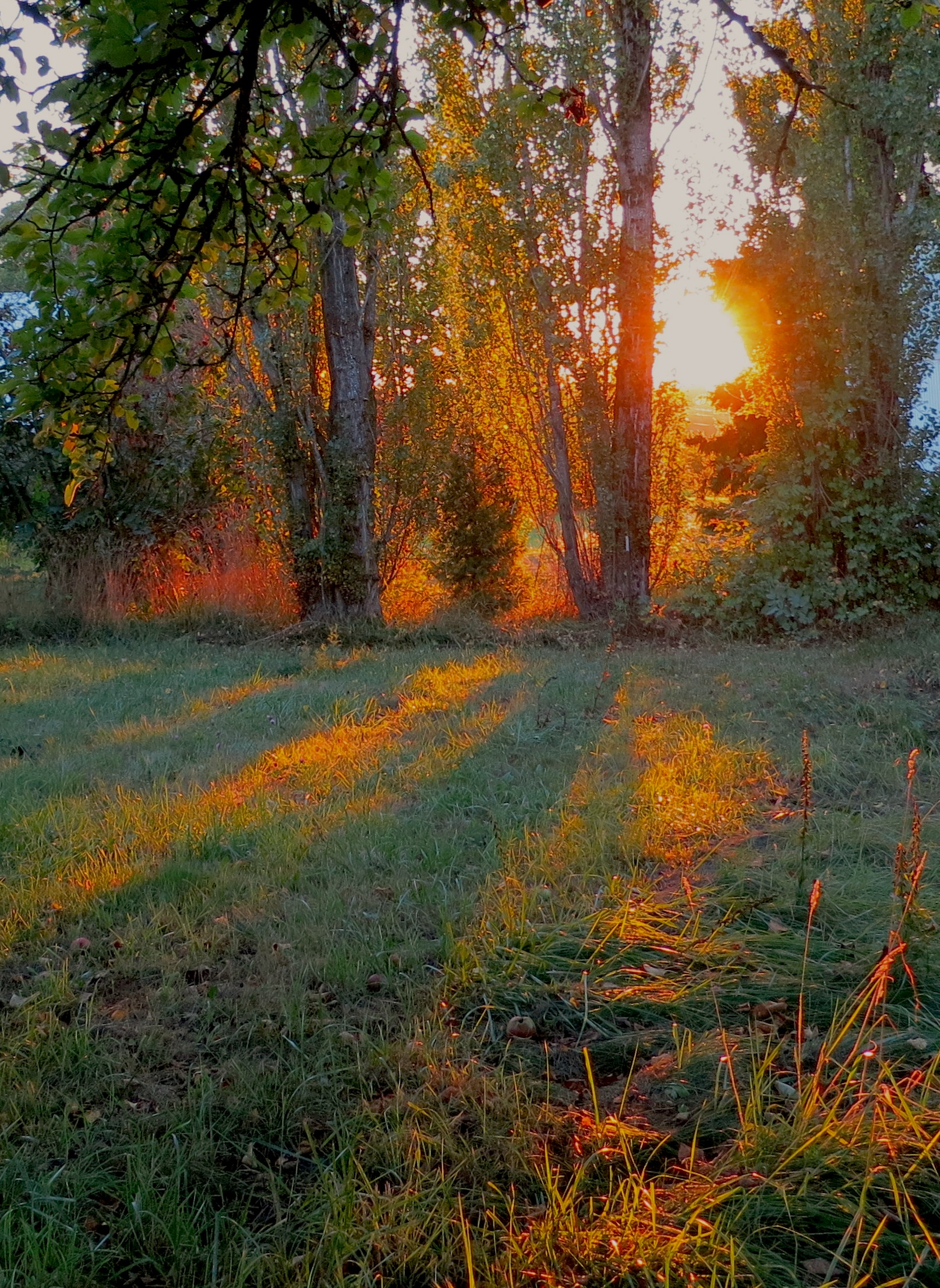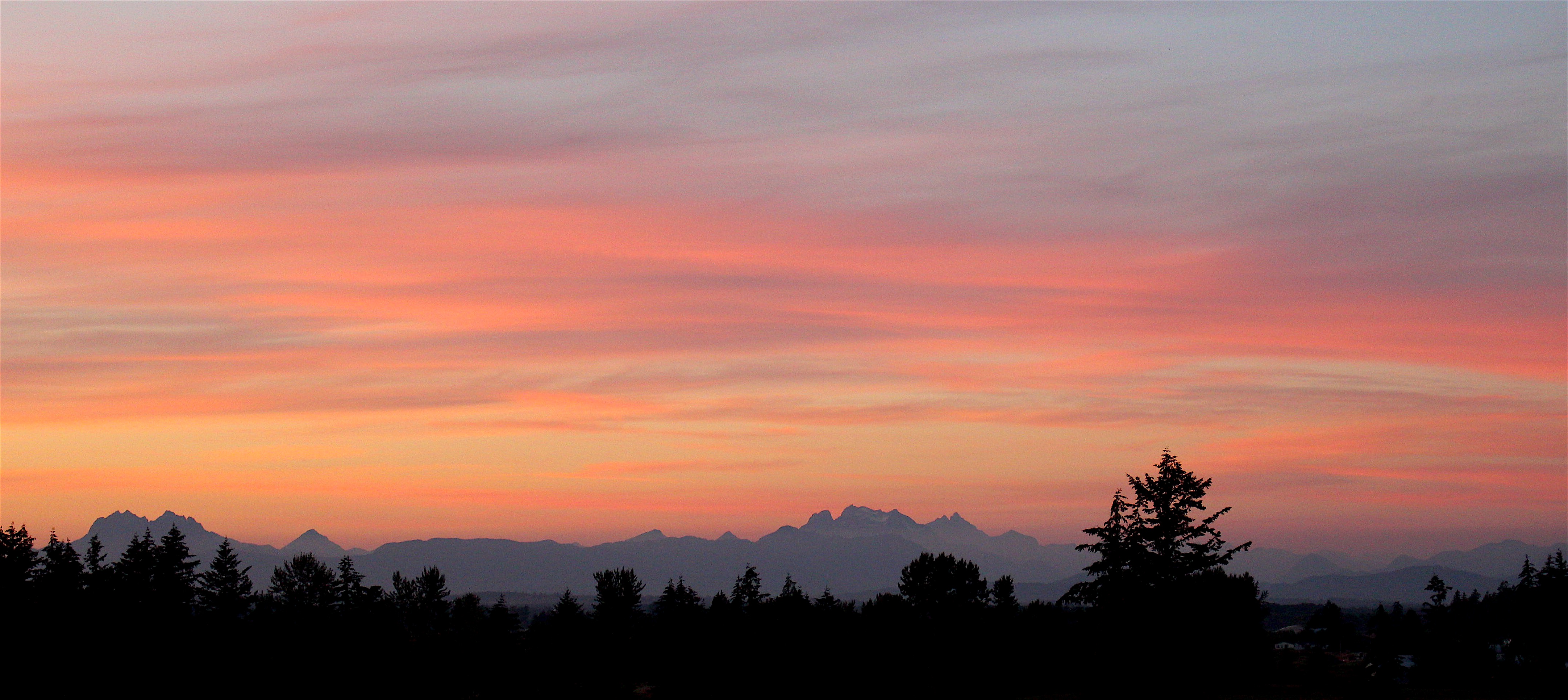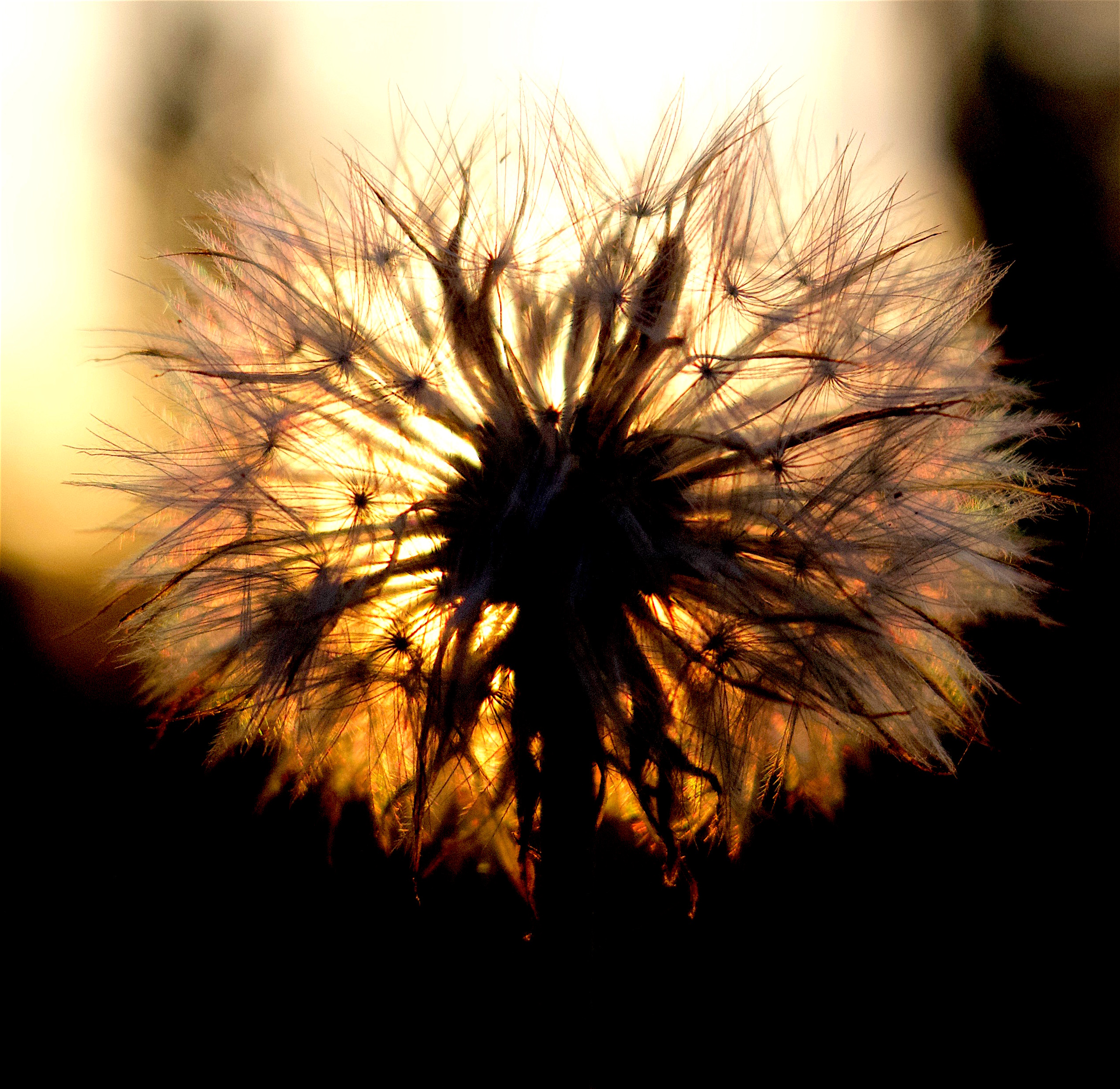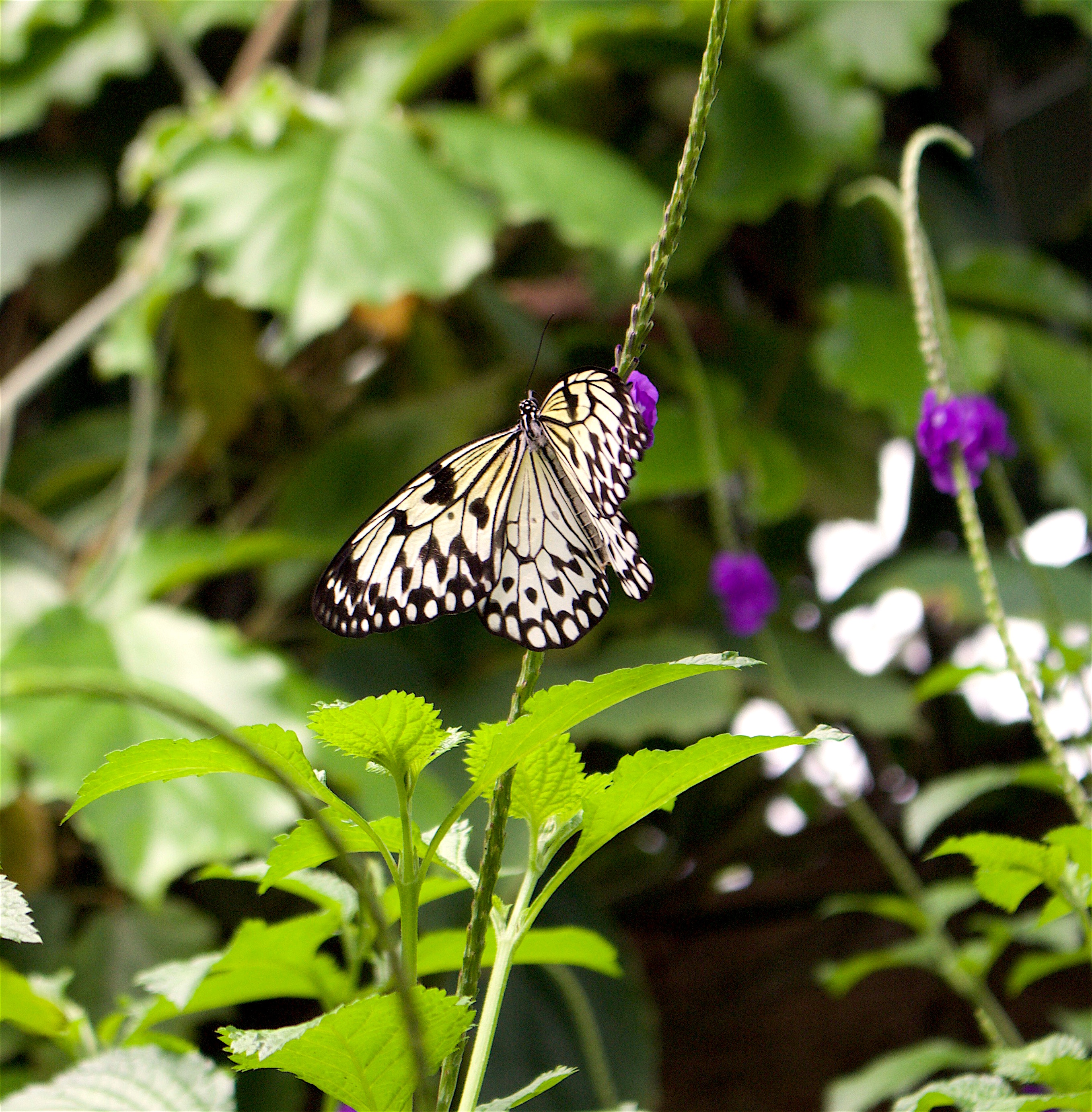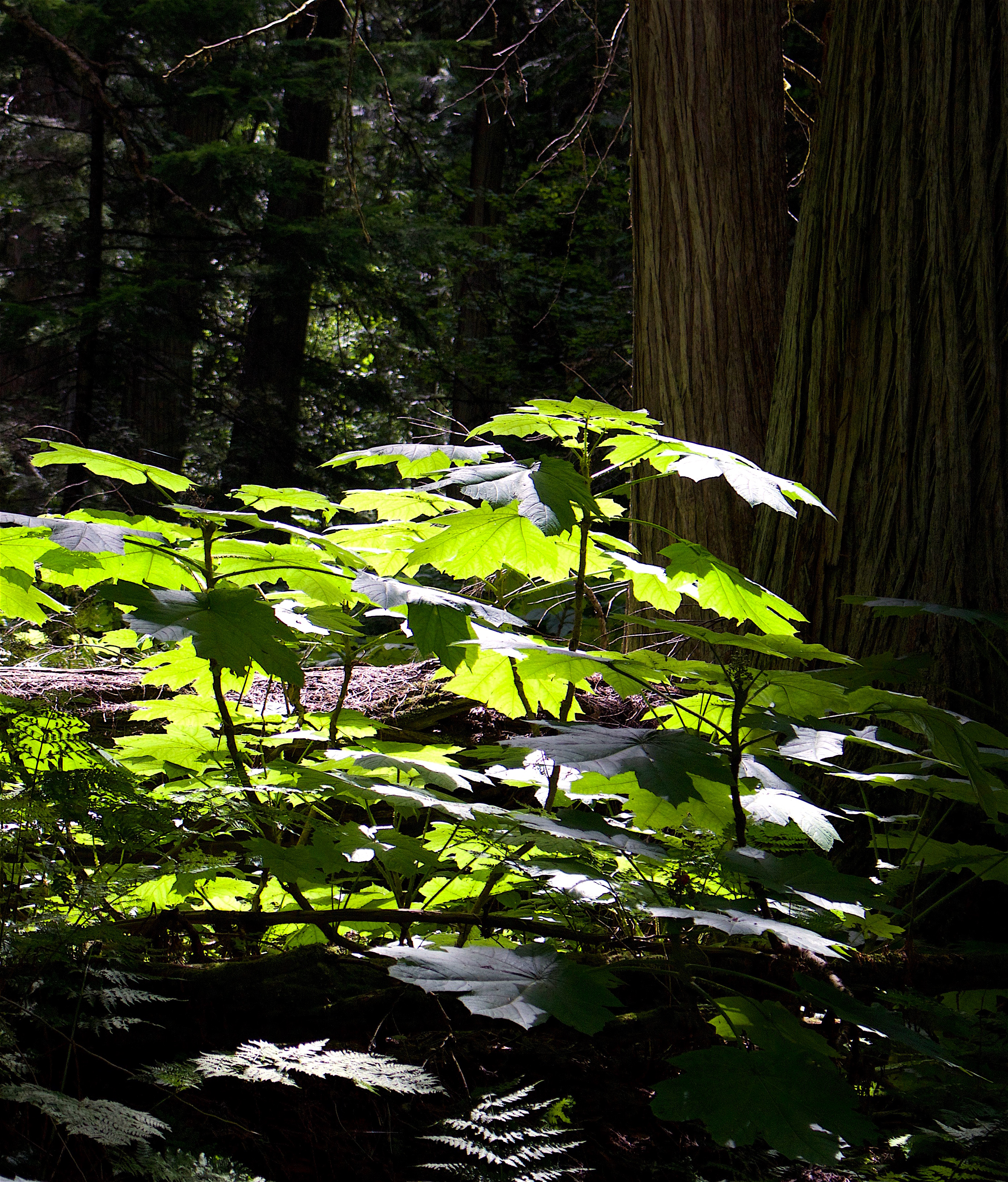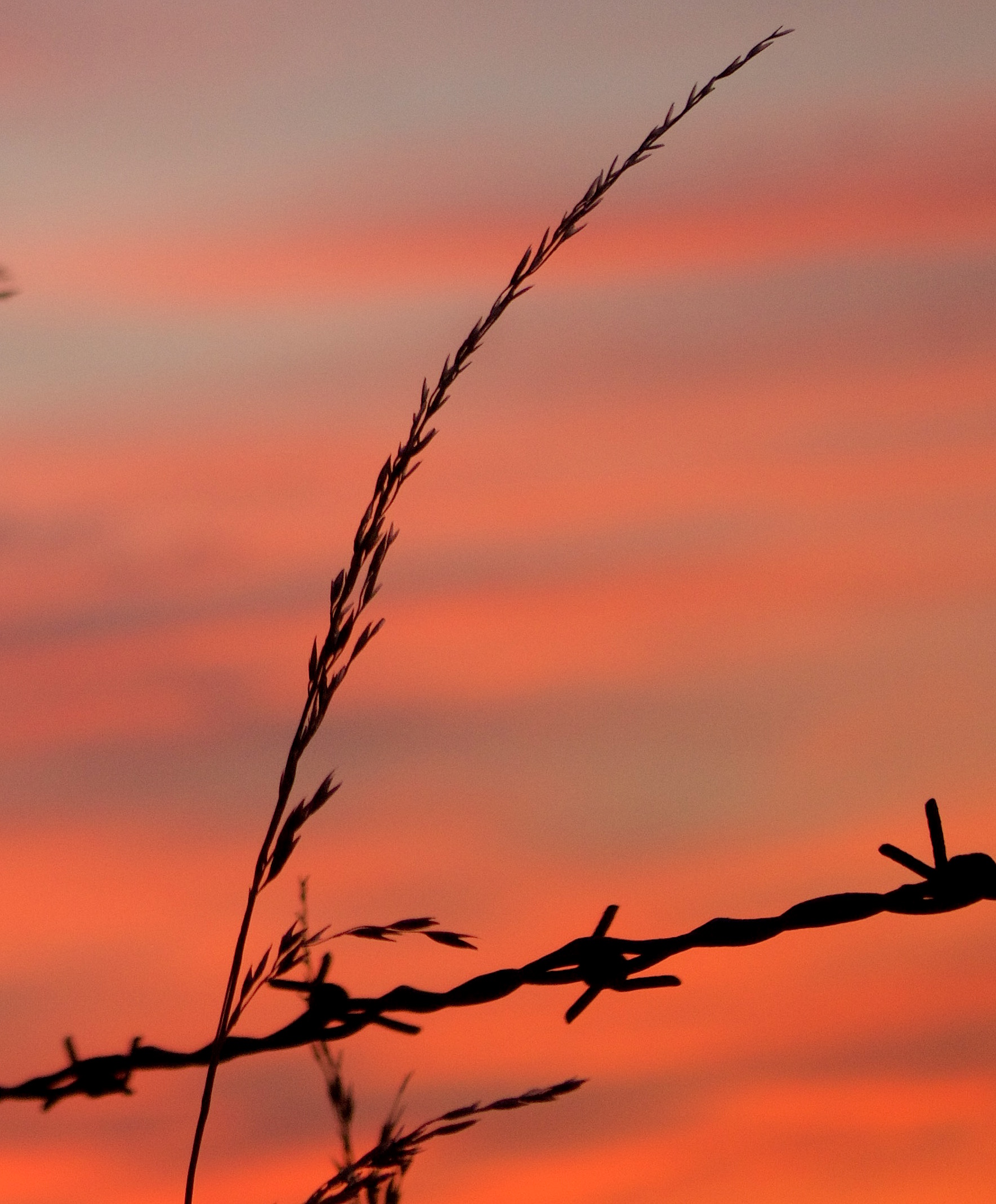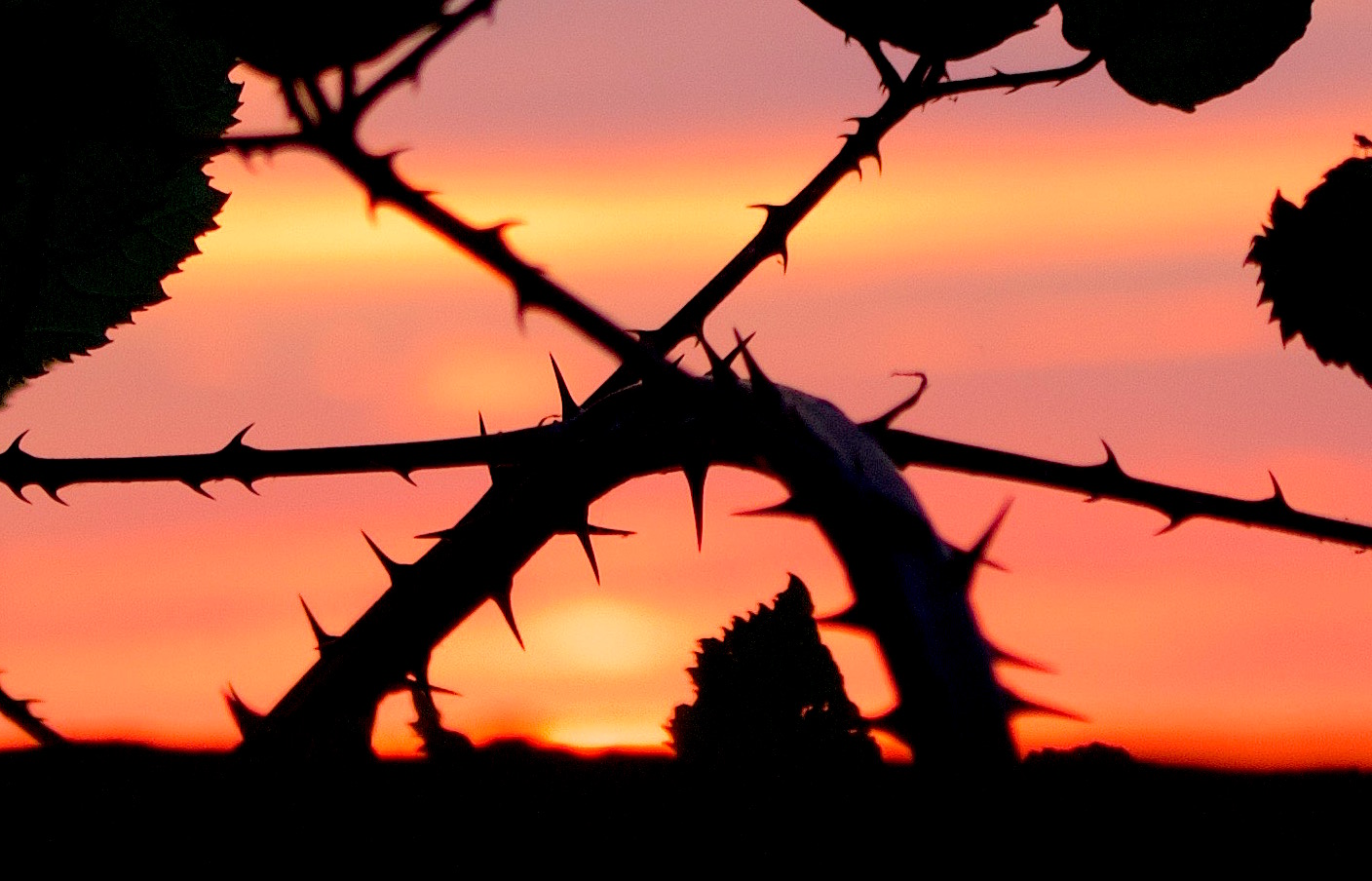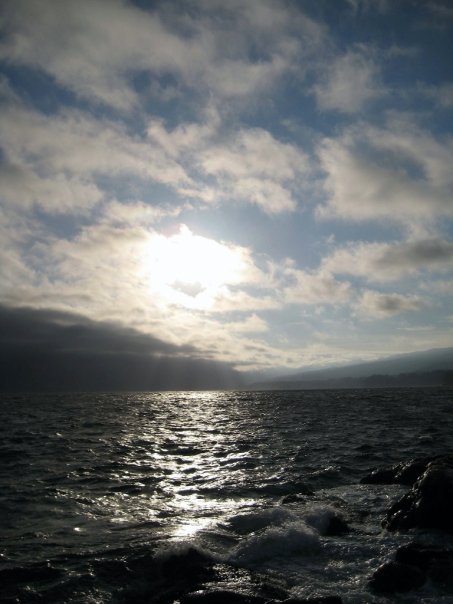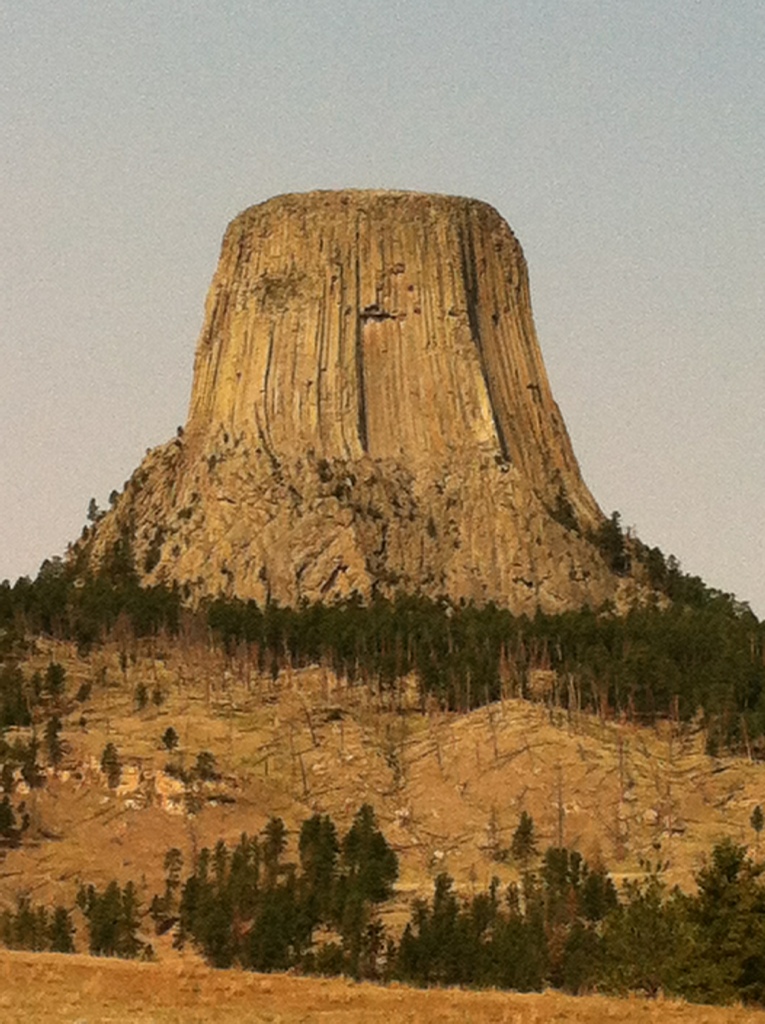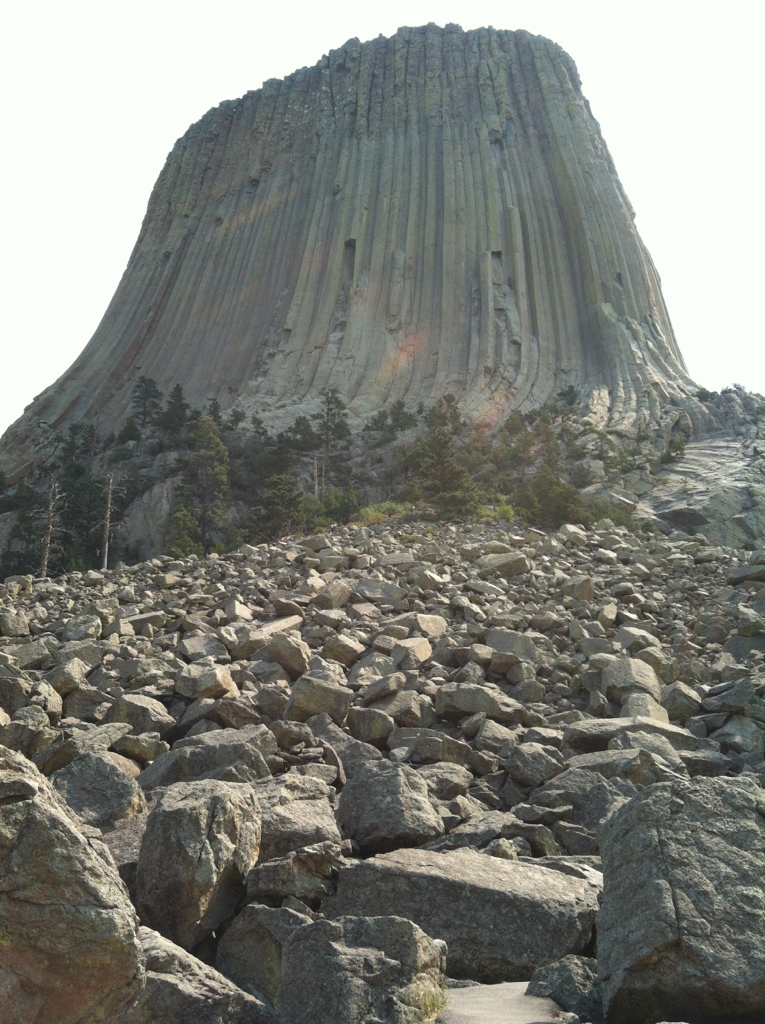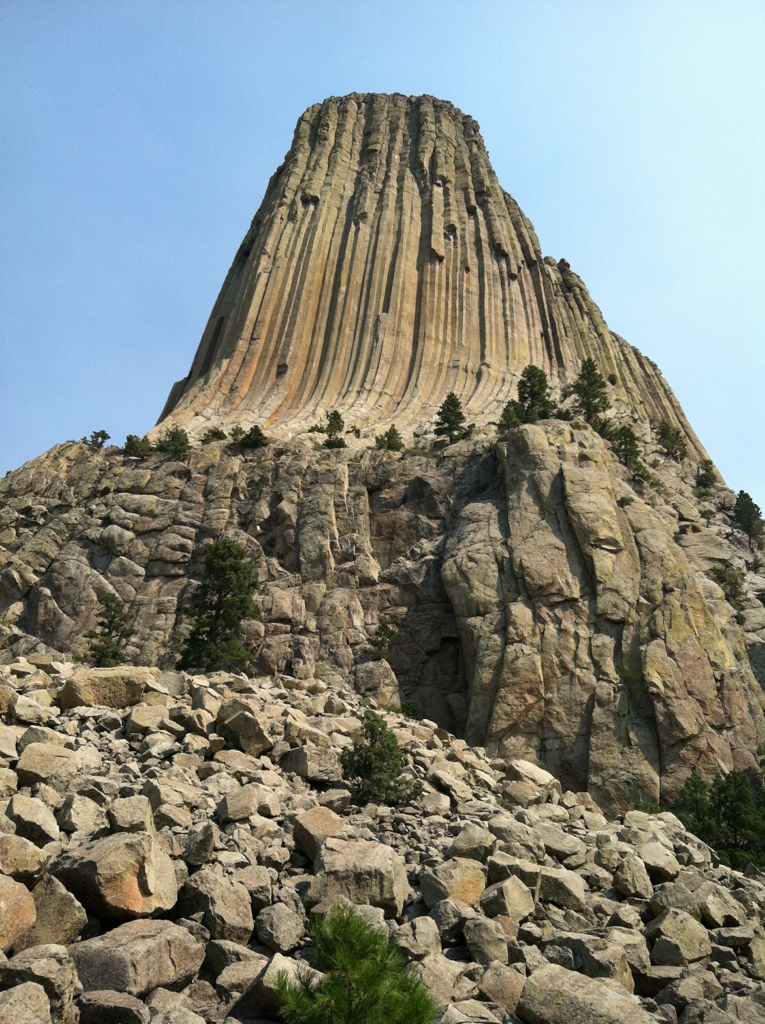
N.Scott Momaday passed into eternity last week at age 89.
On the first day I took his class on Native American Mythology and Lore in 1974 at Stanford, a tall, young N.Scott Momaday strolled to the front, wrote the 60 words of an Emily Dickinson poem “Further in Summer”on the blackboard. He told us we would spend at least a week working out the meaning of what he considered the greatest poem written — this in a class devoted to Native American writing and oral tradition. In his resonant bass, he read the poem to us many times, rolling the words around his mouth as if to extract their sweetness. This man of the plains, a member of the Kiowa tribe, loved this poem put together by a New England recluse poet — someone as culturally distant from him and his people as possible.
But grace works to unite us, no matter our differences, and Scott knew this as he led us, mostly white students, through the poem. What on the surface appears a paean to late summer insect droning – doomed to extinction by the desolation of oncoming winter – is a statement of the transcendence of man beyond our understanding of nature and the world in which we, its creatures, find ourselves. As summer begins its descent into the dark death of winter, we, unlike cicadas and crickets, become all too aware we too are descending. There is no one as lonely as an individual facing their mortality and no one as lonely as a poet facing the empty page, in search of words to describe the sacrament of sacrifice and perishing.
Yet the written Word is not silent; the Word brings Grace unlike any other, even when the summer, pathetic and transient as it is, is gone. The Word brings Grace, like no other, to pathetic and transient man who will emerge transformed.
There is no furrow on the glow. There is no need to plow and seed our salvaged souls, already lovingly planted by our Creator God, yielding a fruited plain.
Scott was one of my most remarkable and influential teachers, teaching me to trust memories, to use the best words, and to describe beauty as best I can. I know his words will forever live on.
…<Dickinson’s Further in Summer is> one of the great poems of American literature. The statement of the poem is profound; it remarks the absolute separation between man and nature at a precise moment in time. The poet looks as far as she can into the natural world, but what she sees at last is her isolation from that world. She perceives, that is, the limits of her own perception. But that, we reason, is enough. This poem of just more than sixty words comprehends the human condition in relation to the universe:
“So gradual the Grace
A pensive Custom it becomes
Enlarging Loneliness.“
But this is a divine loneliness, the loneliness of a species evolved far beyond all others. The poem bespeaks a state of grace. In its precision, perception and eloquence it establishes the place of words within that state. Words are indivisible with the highest realization of human being.
~N.Scott Momaday from The Man Made of Words

